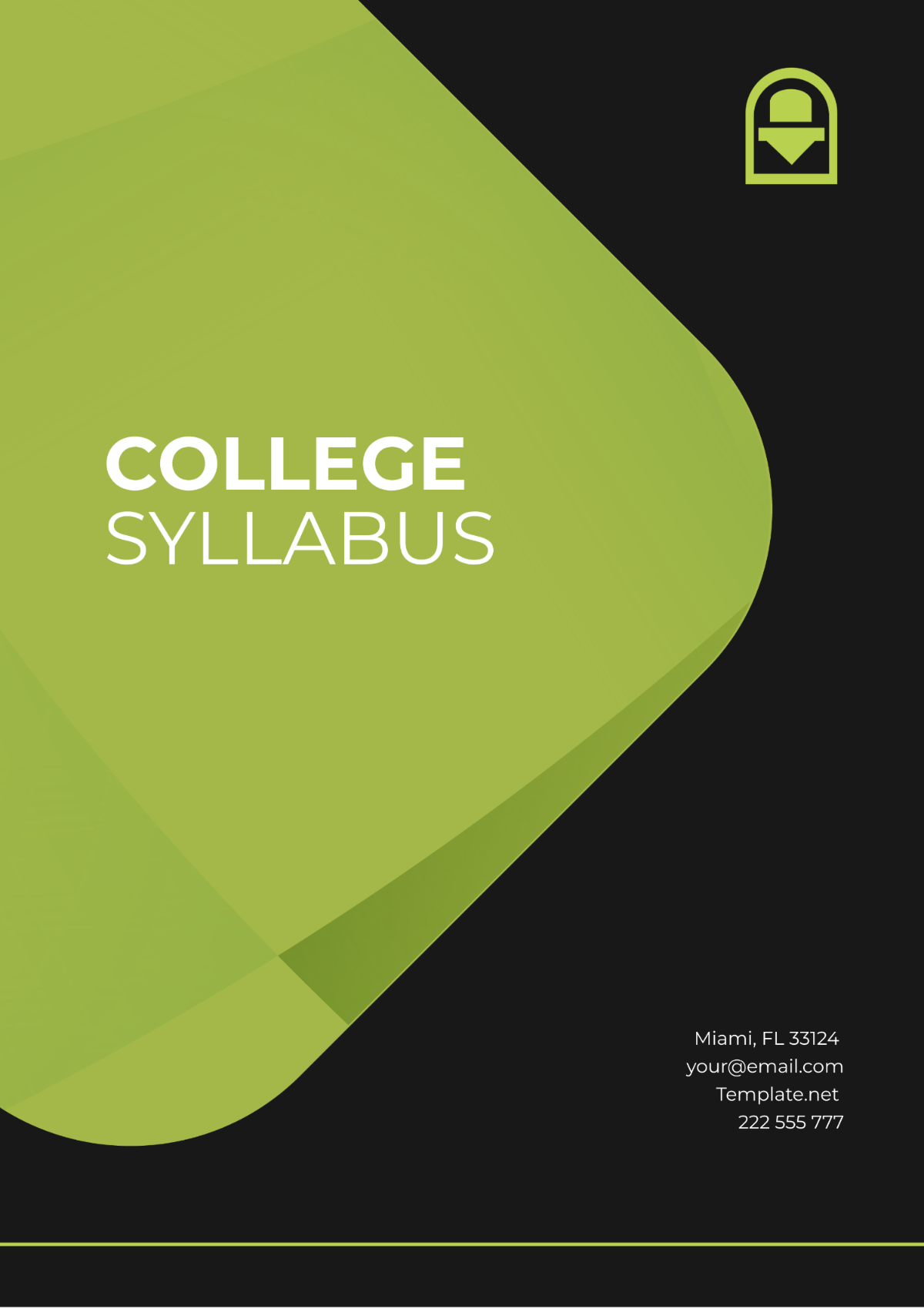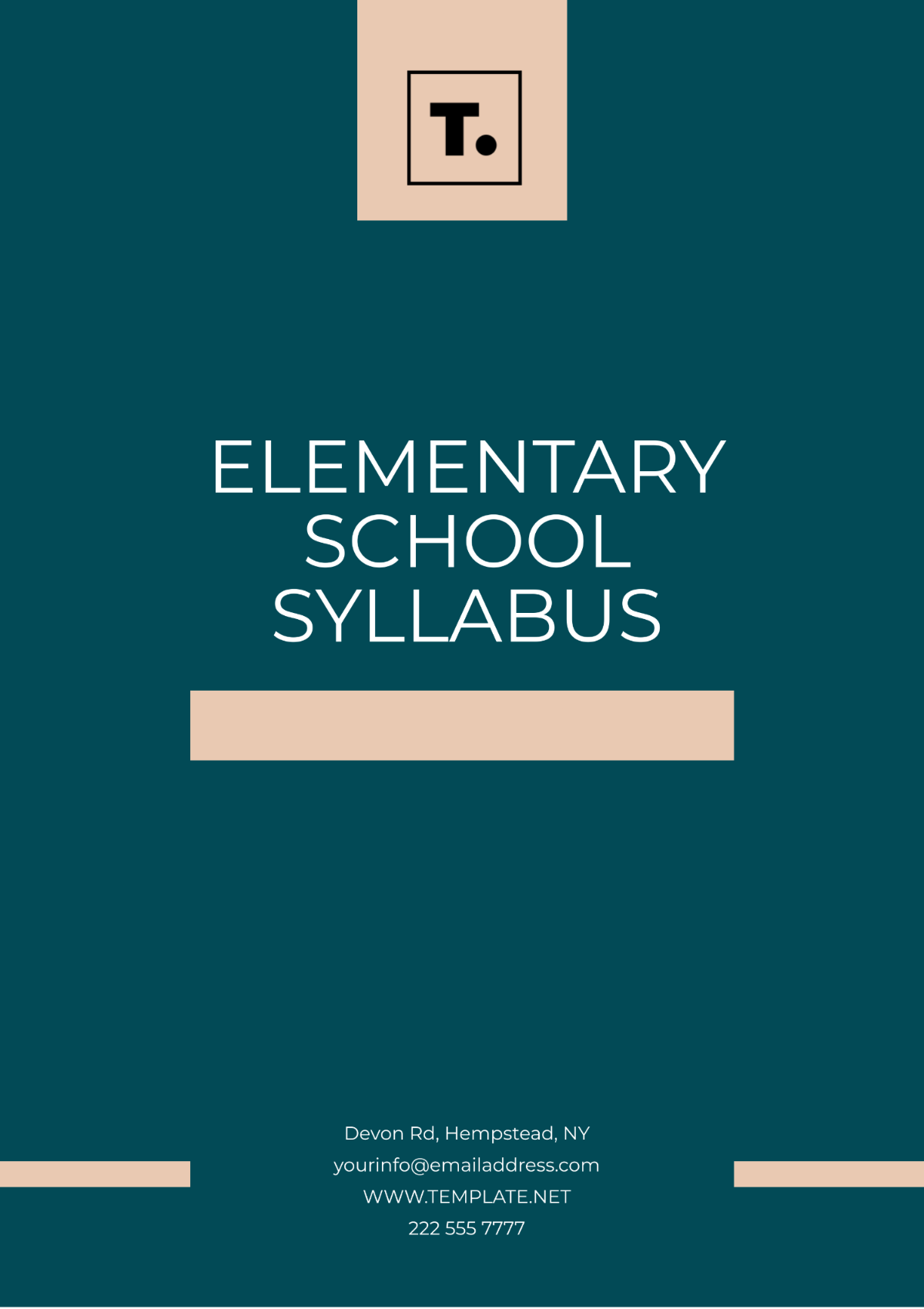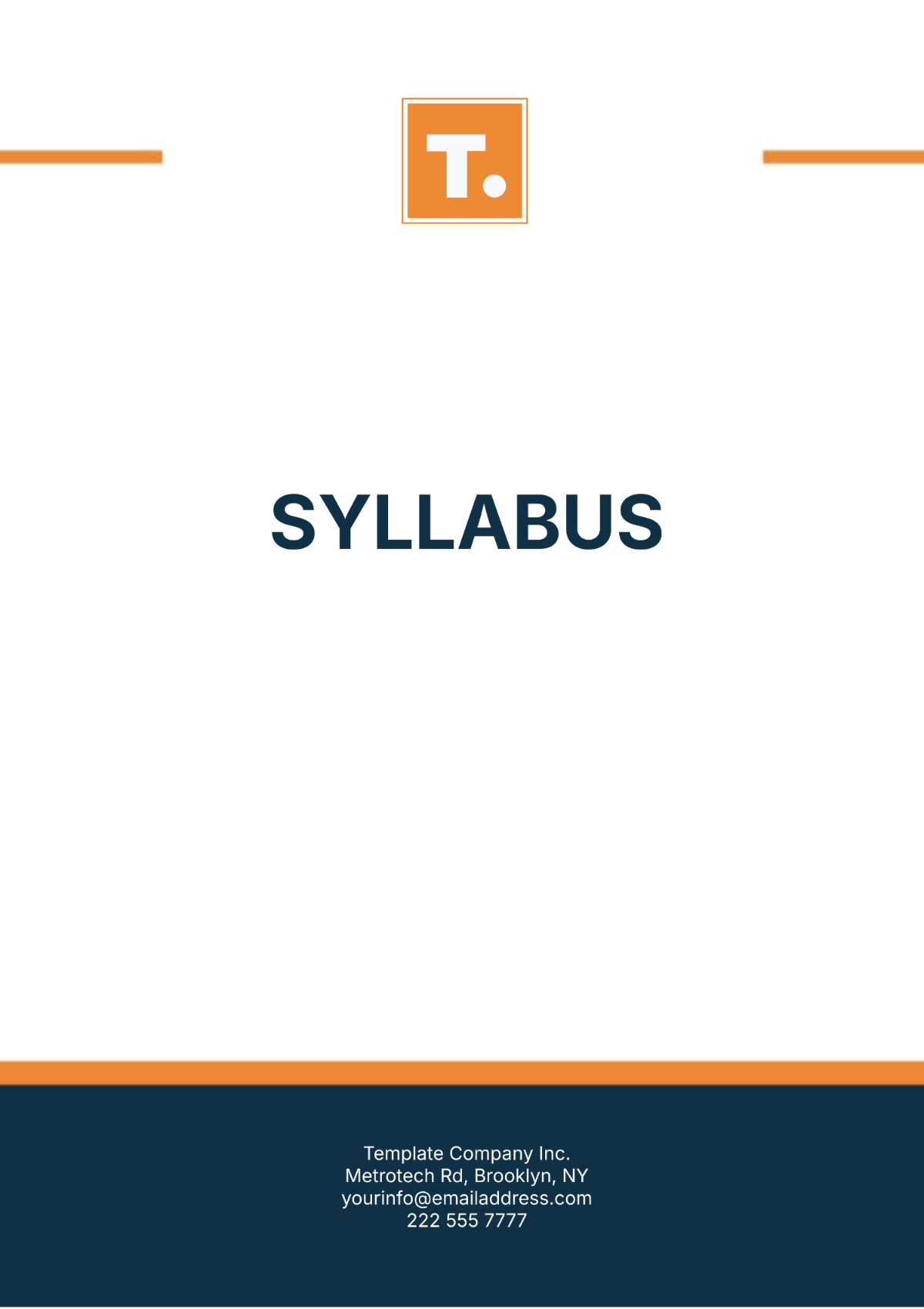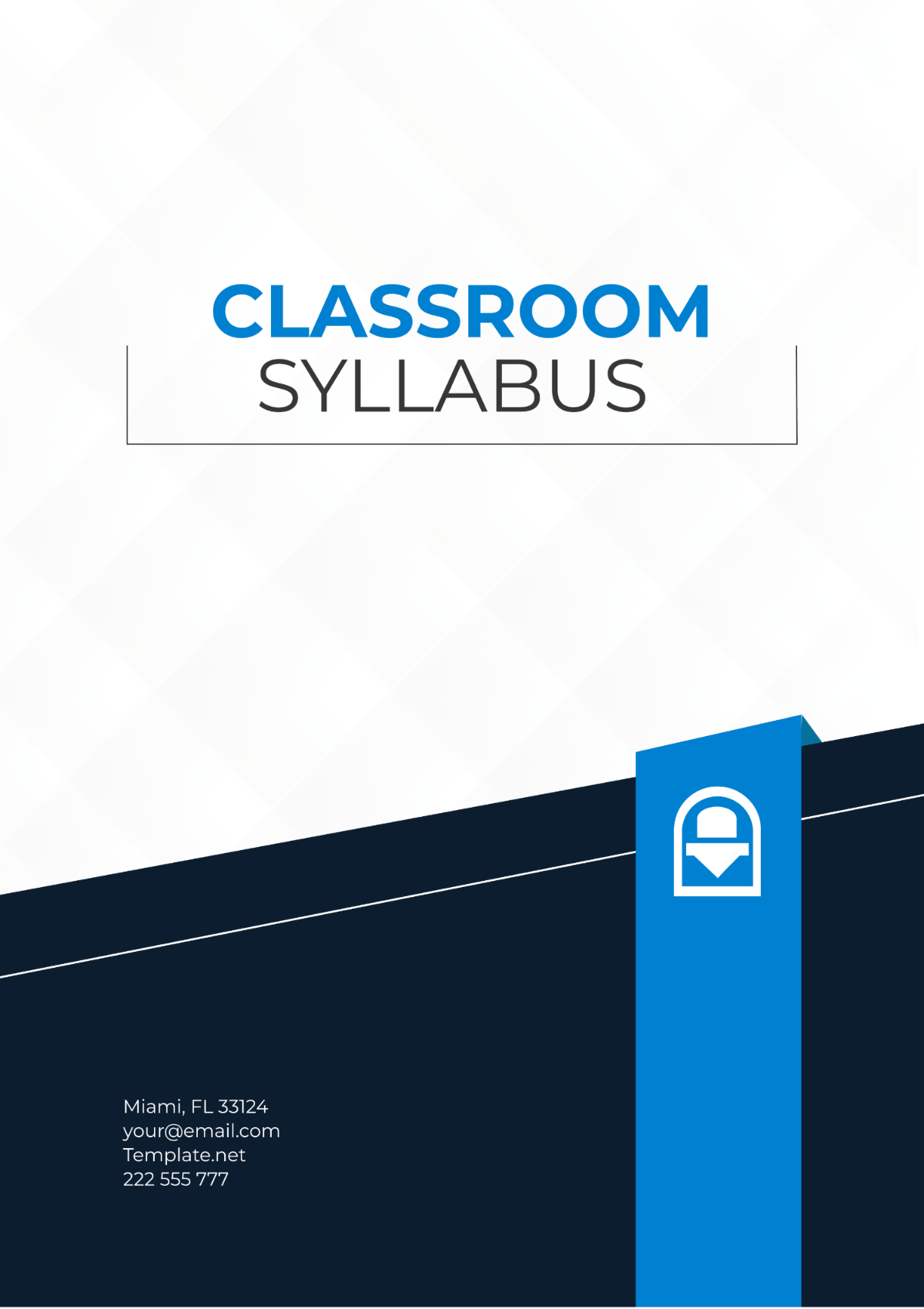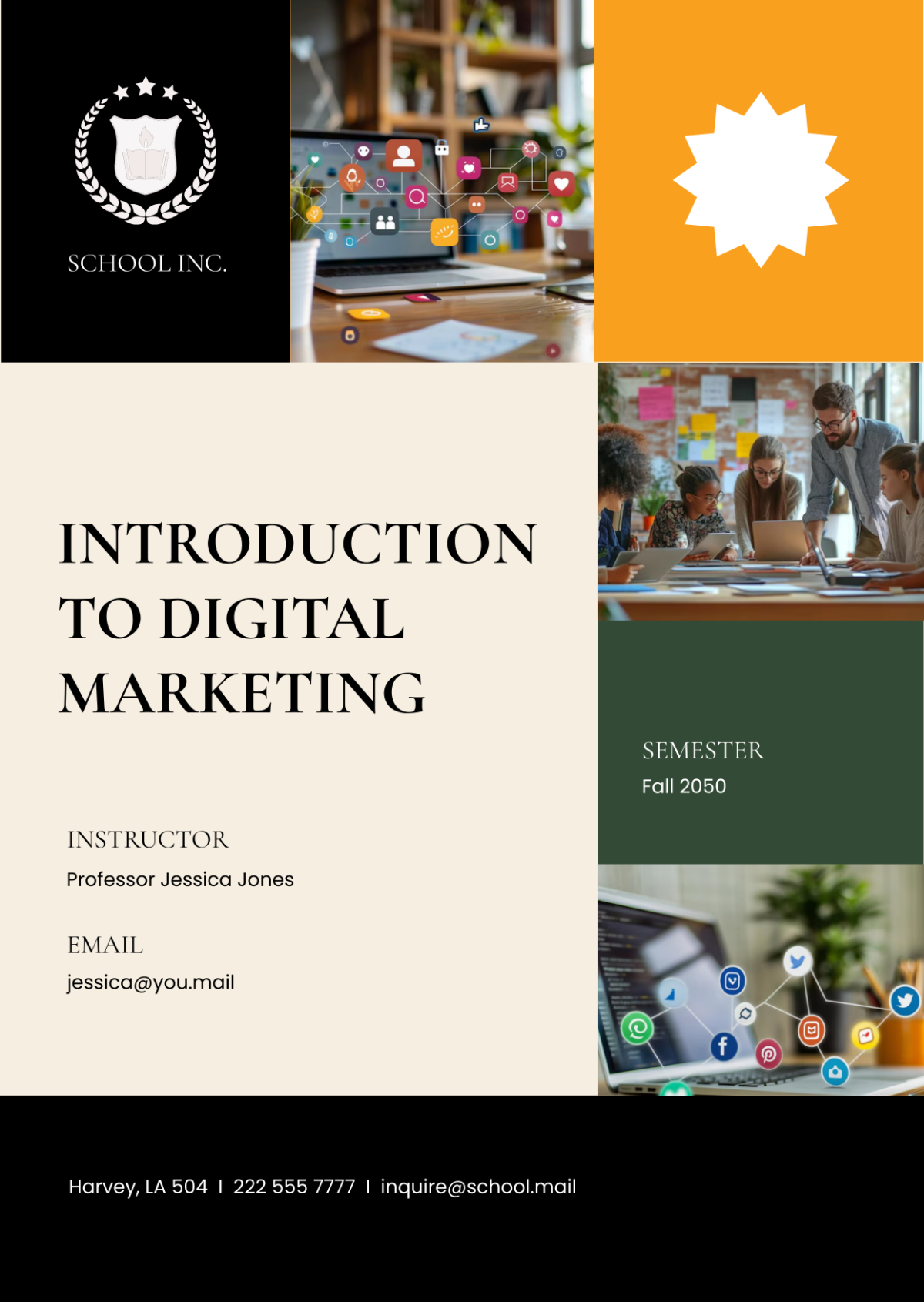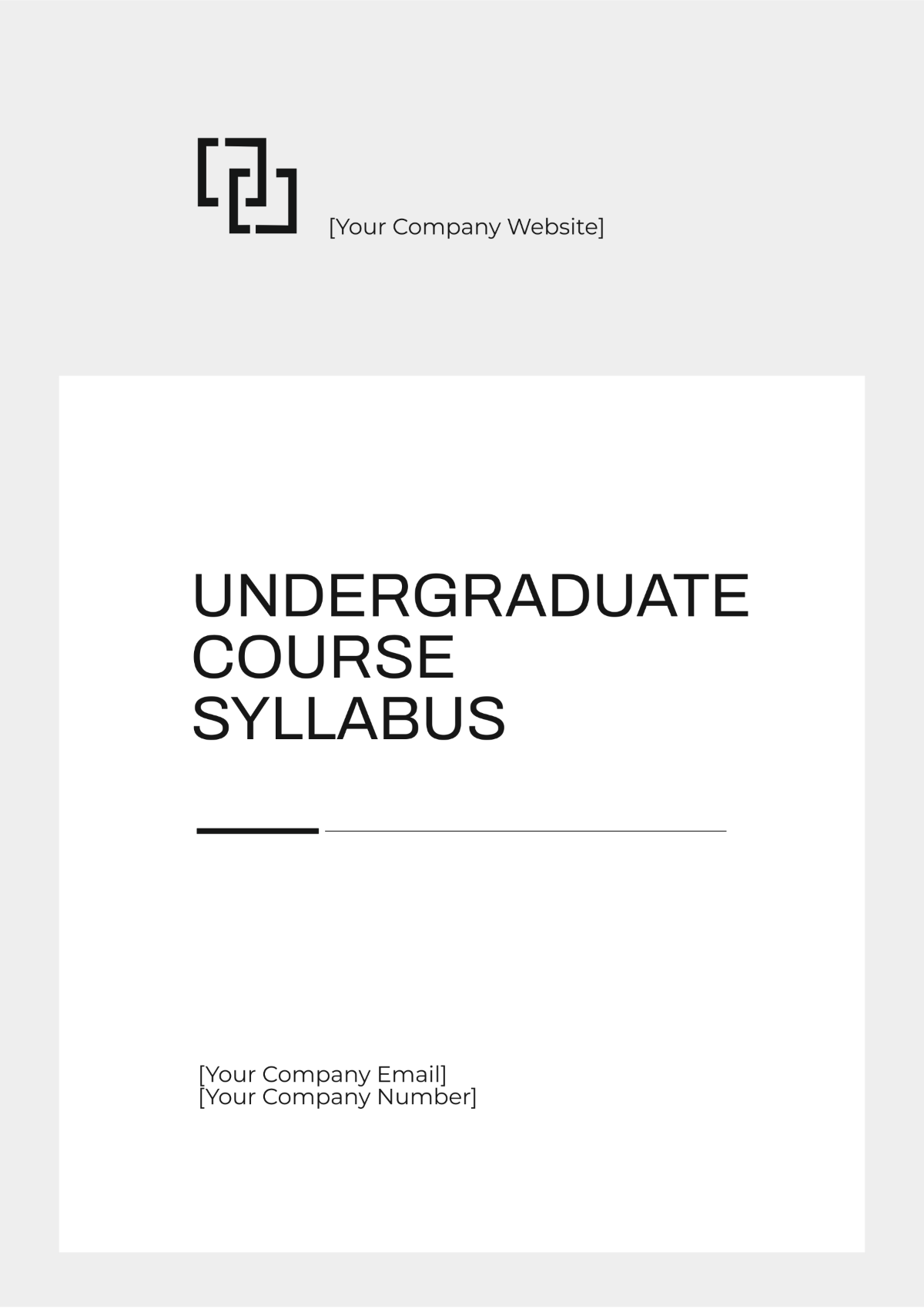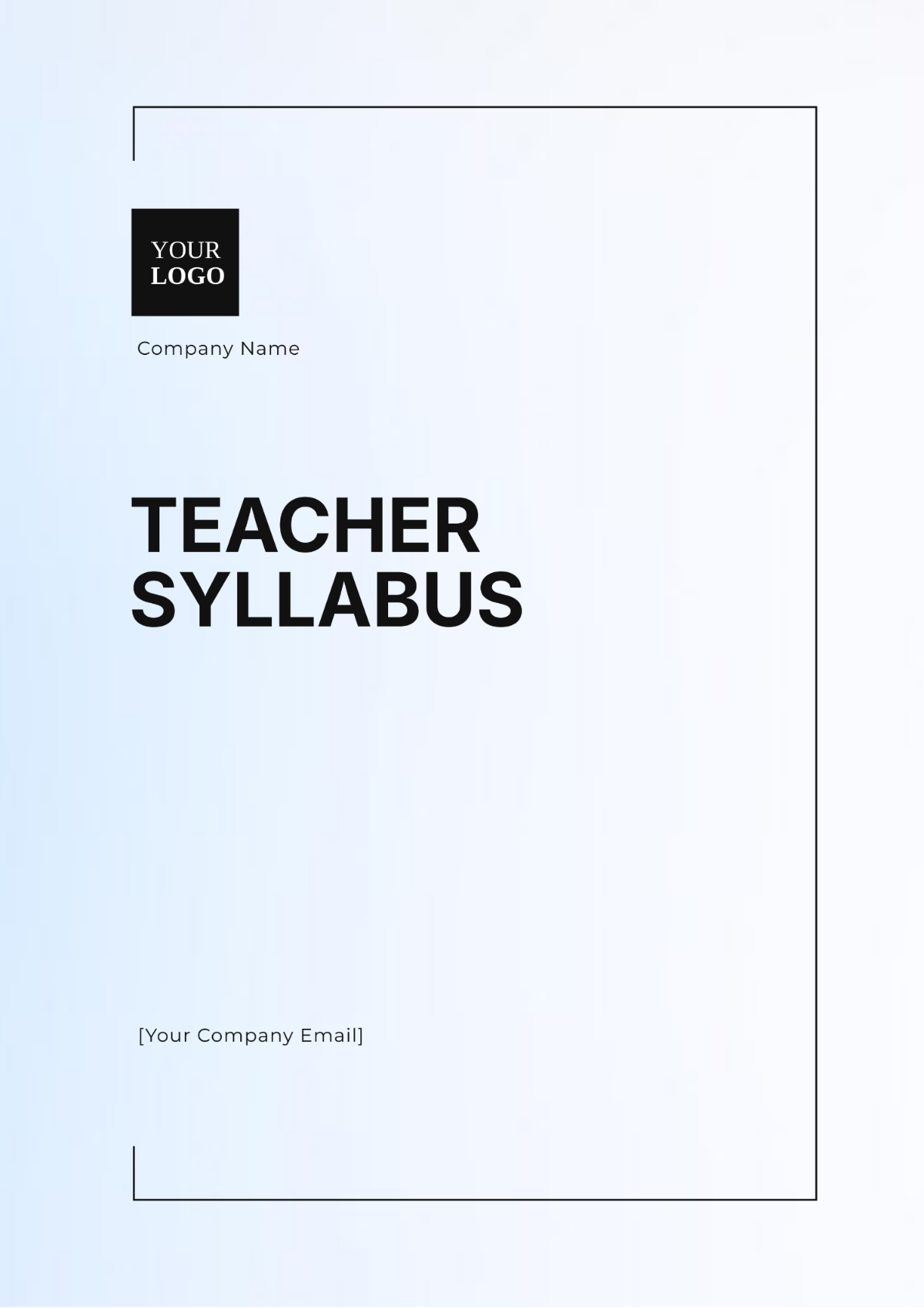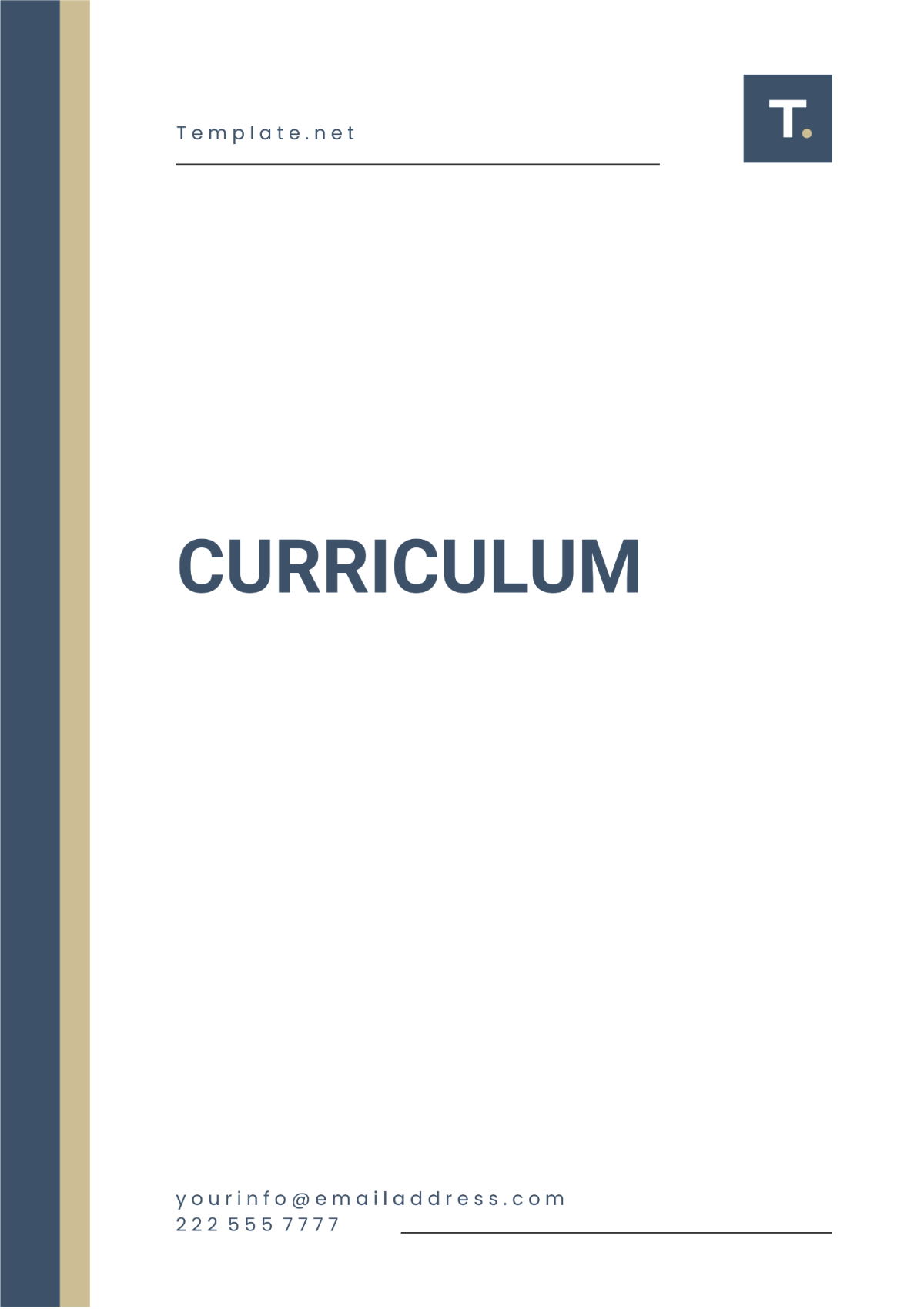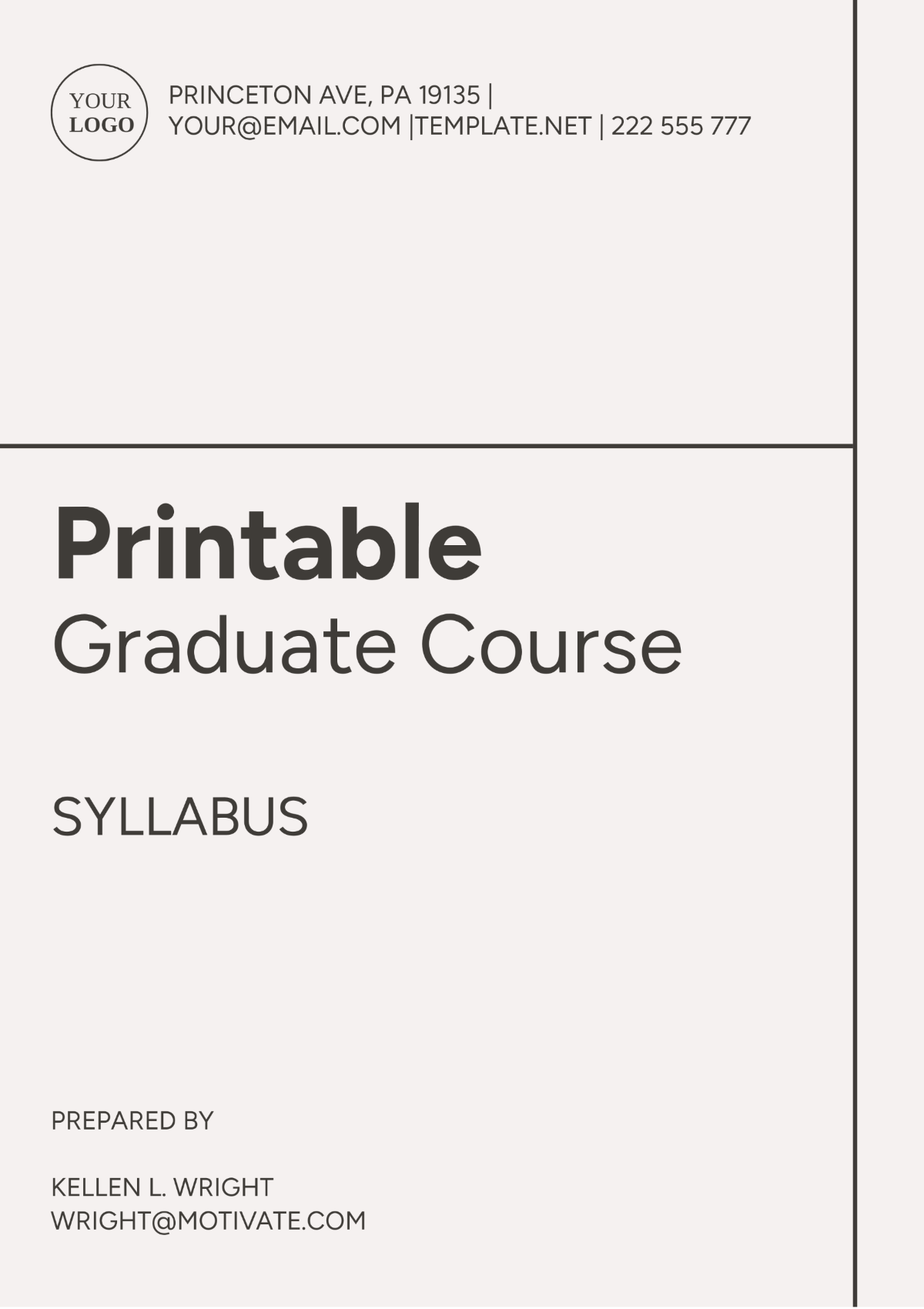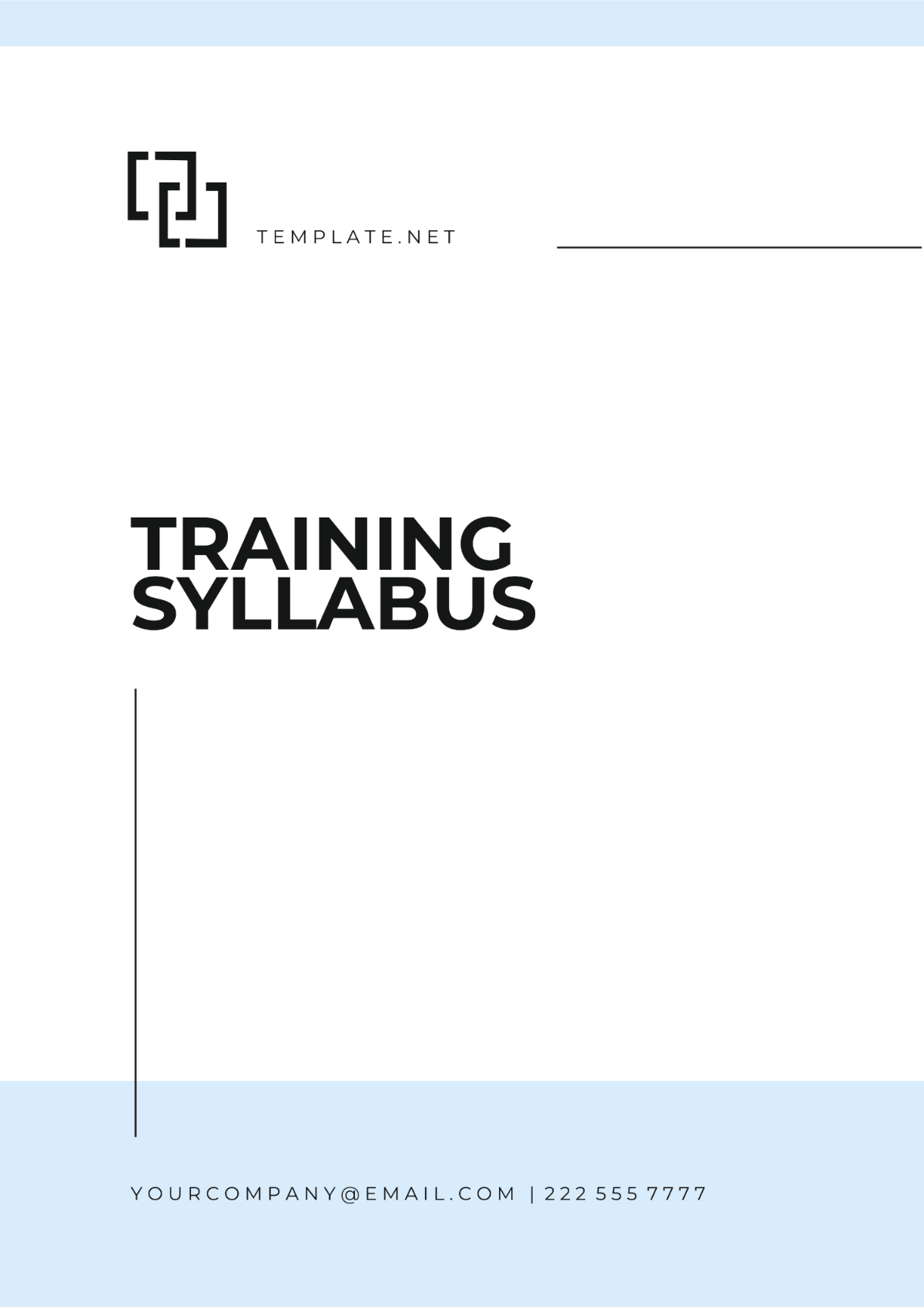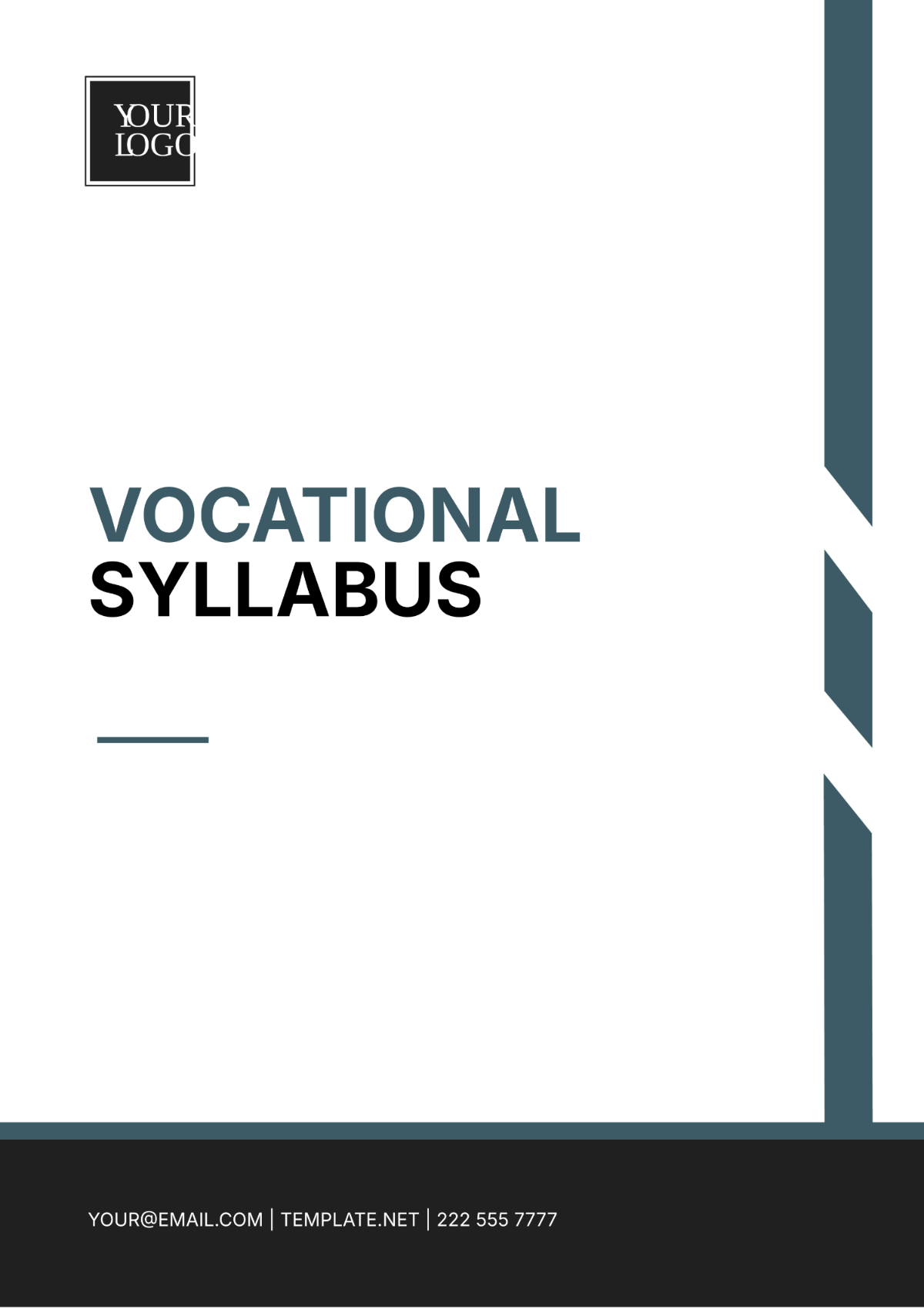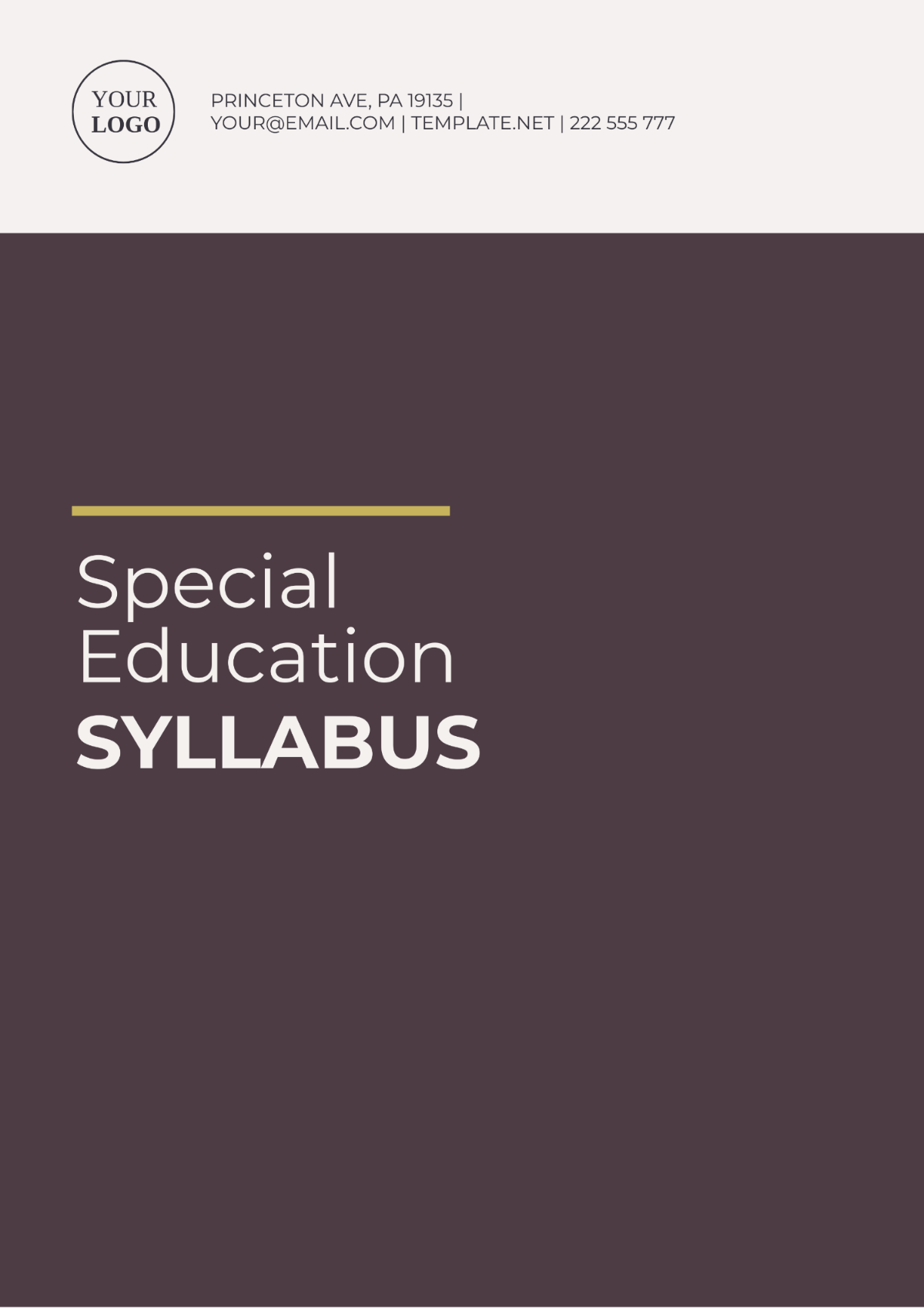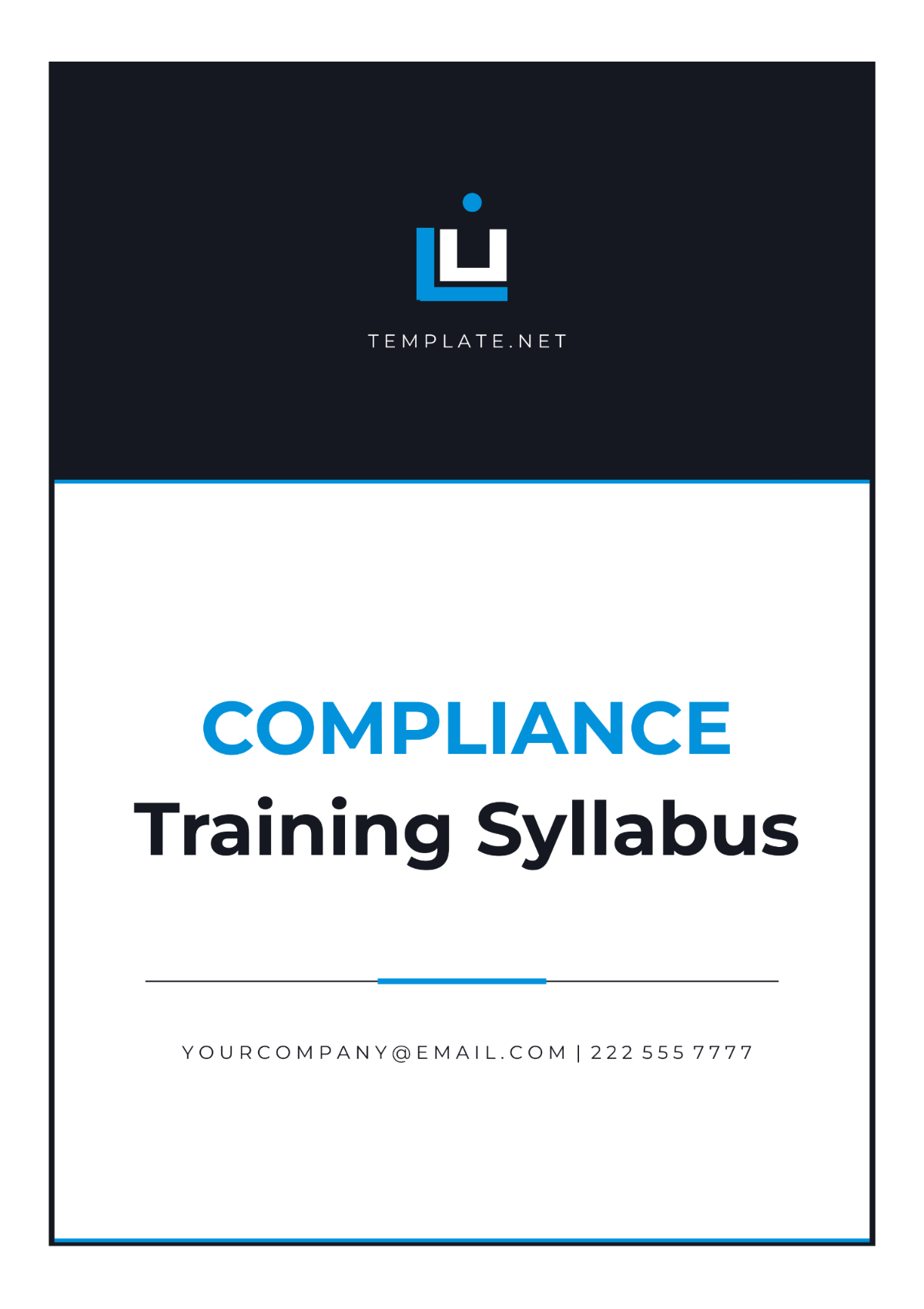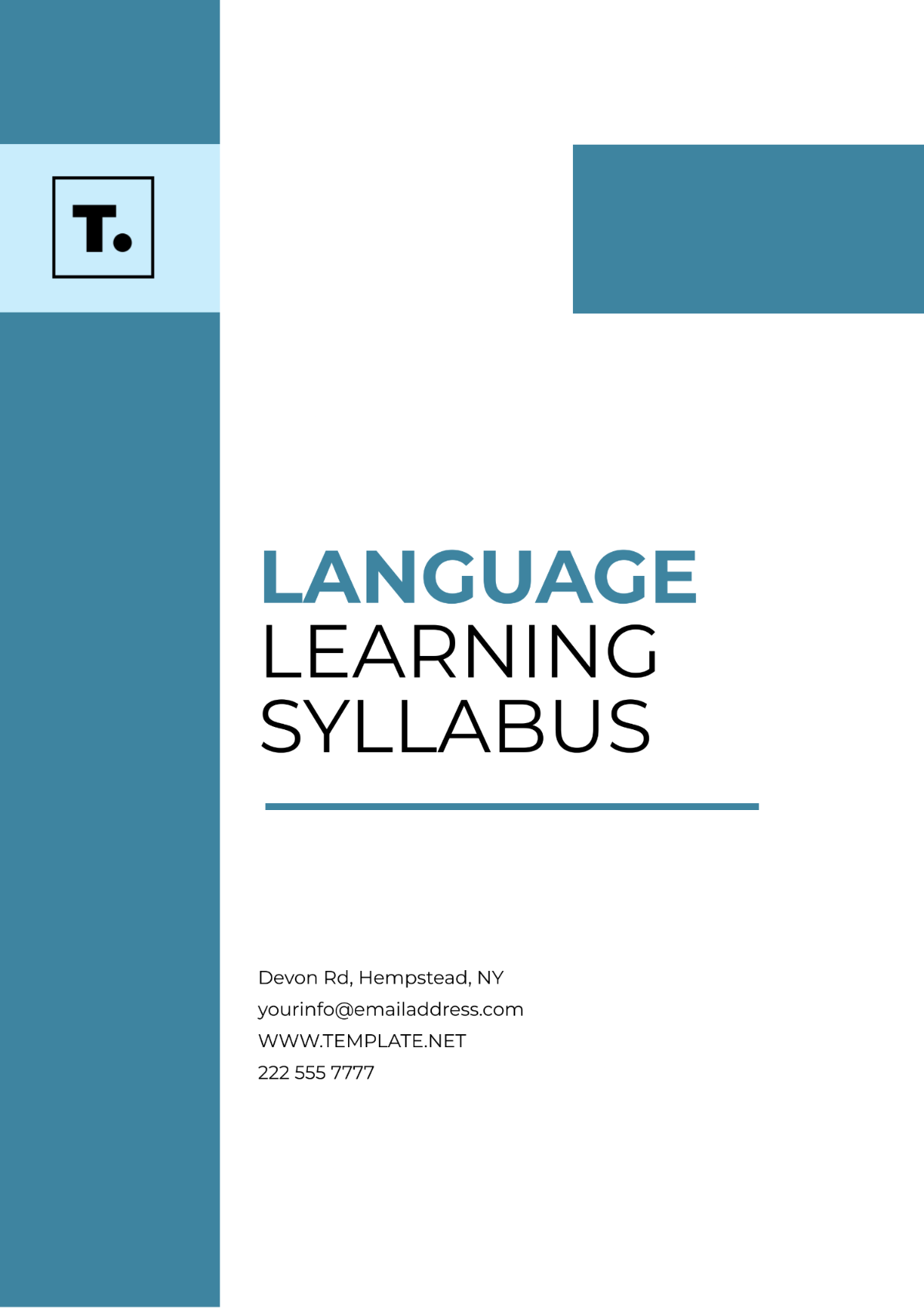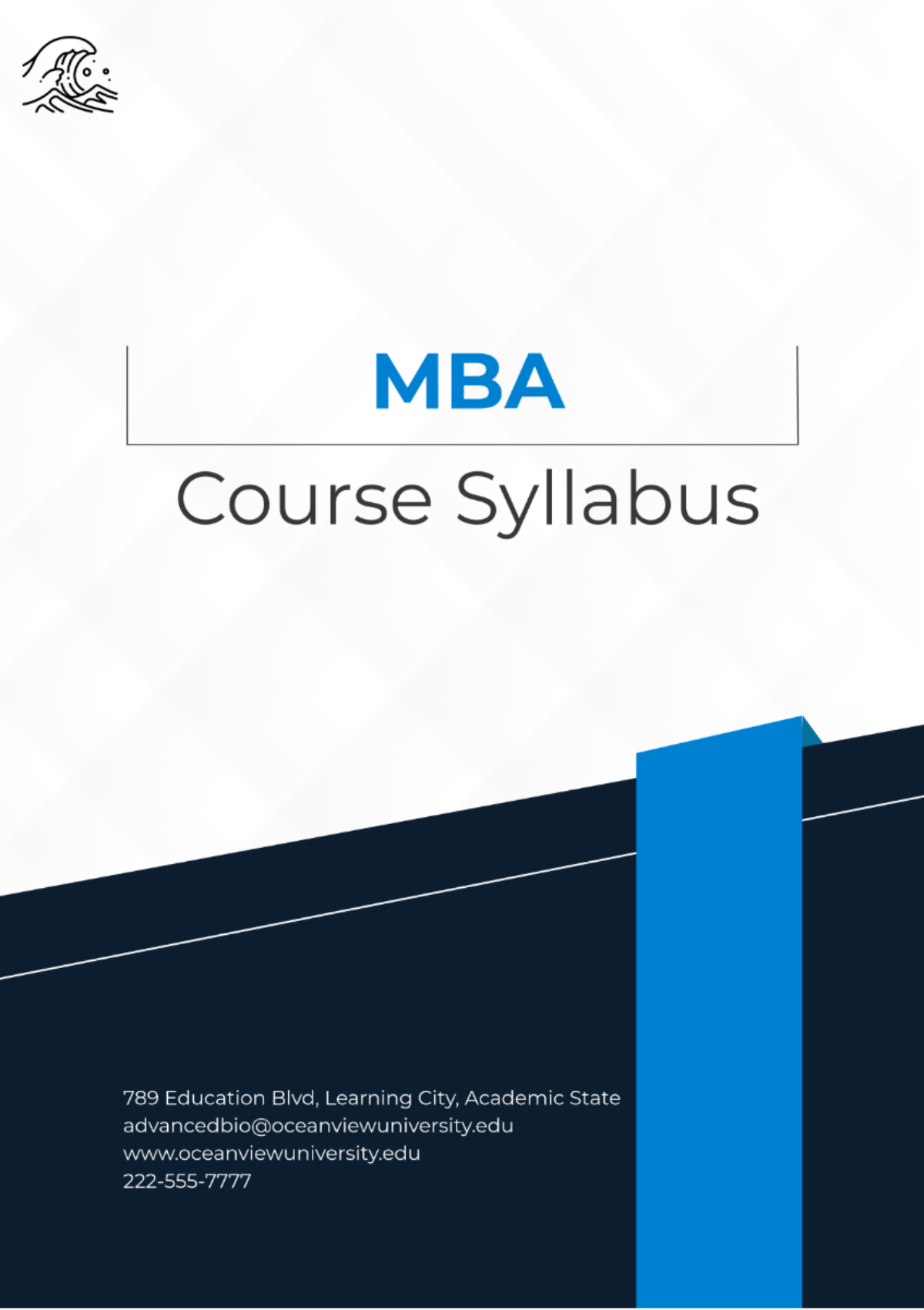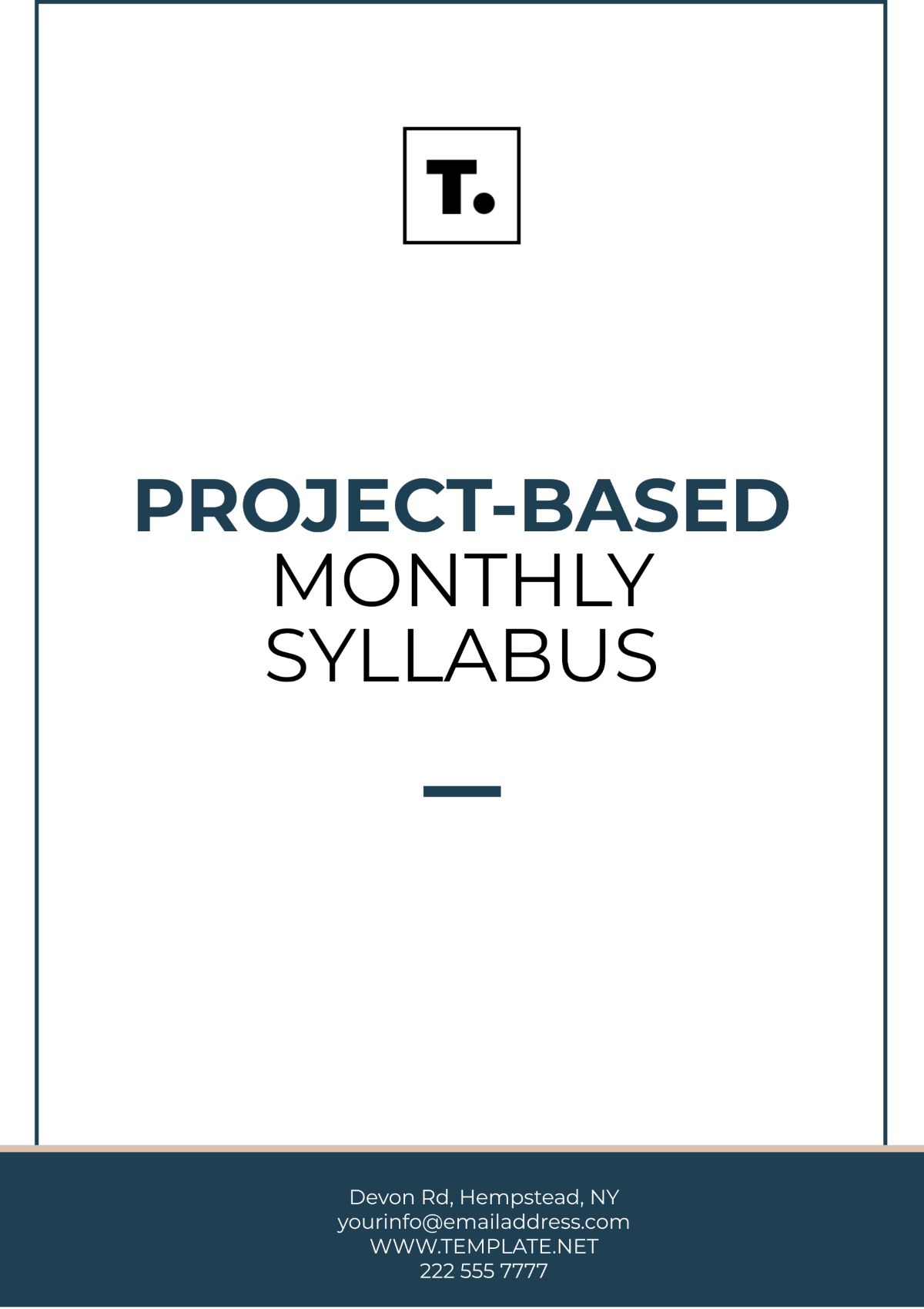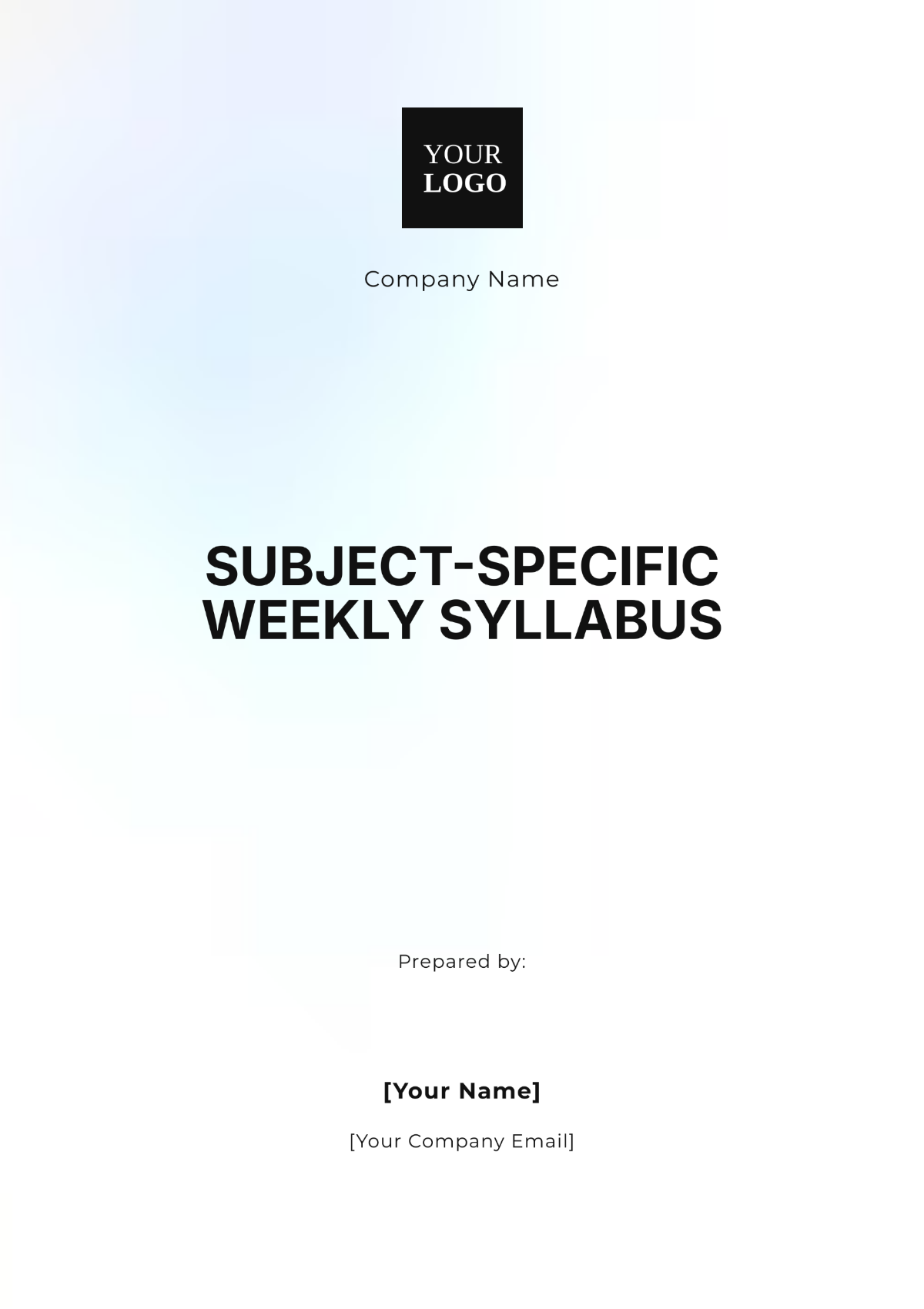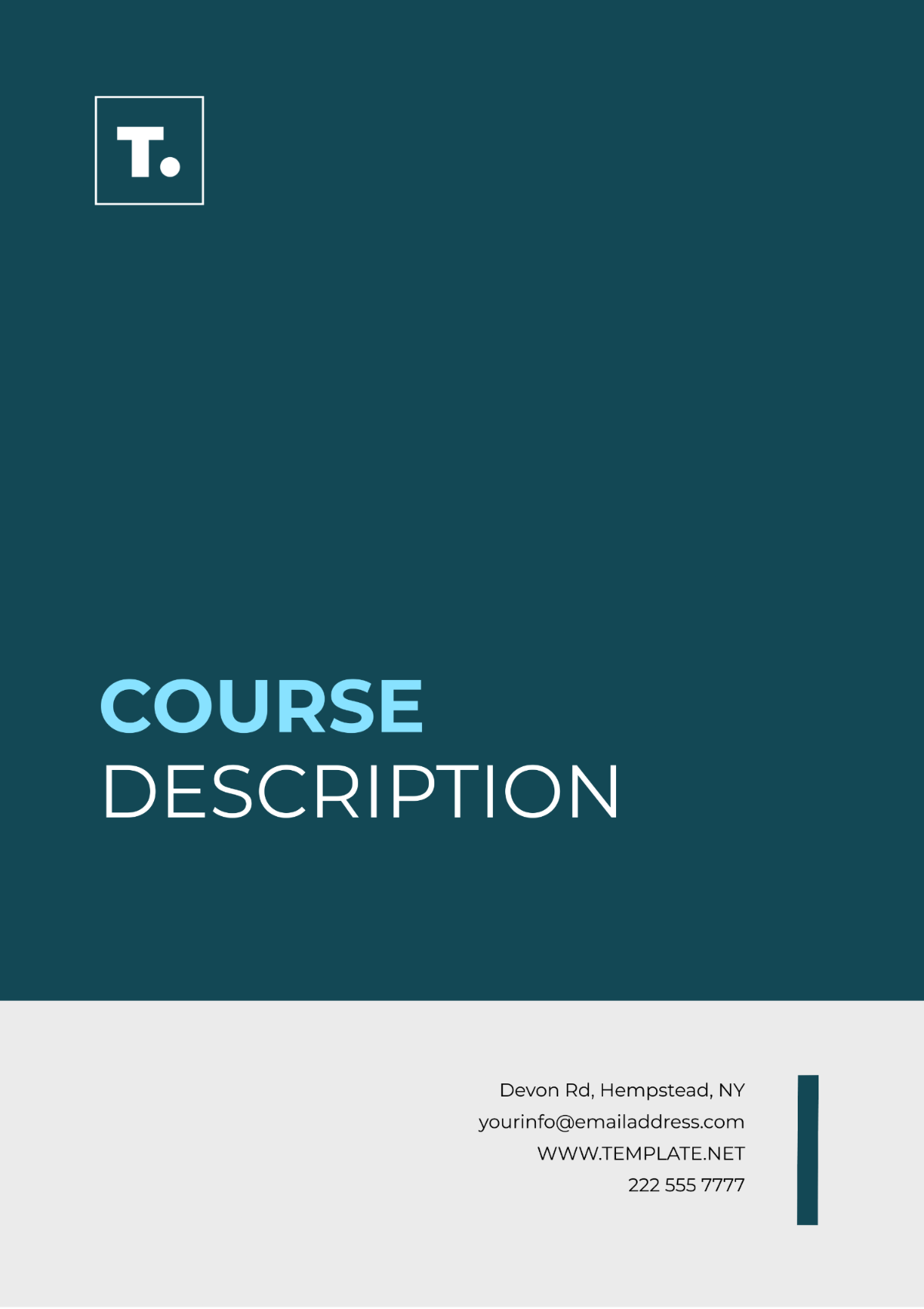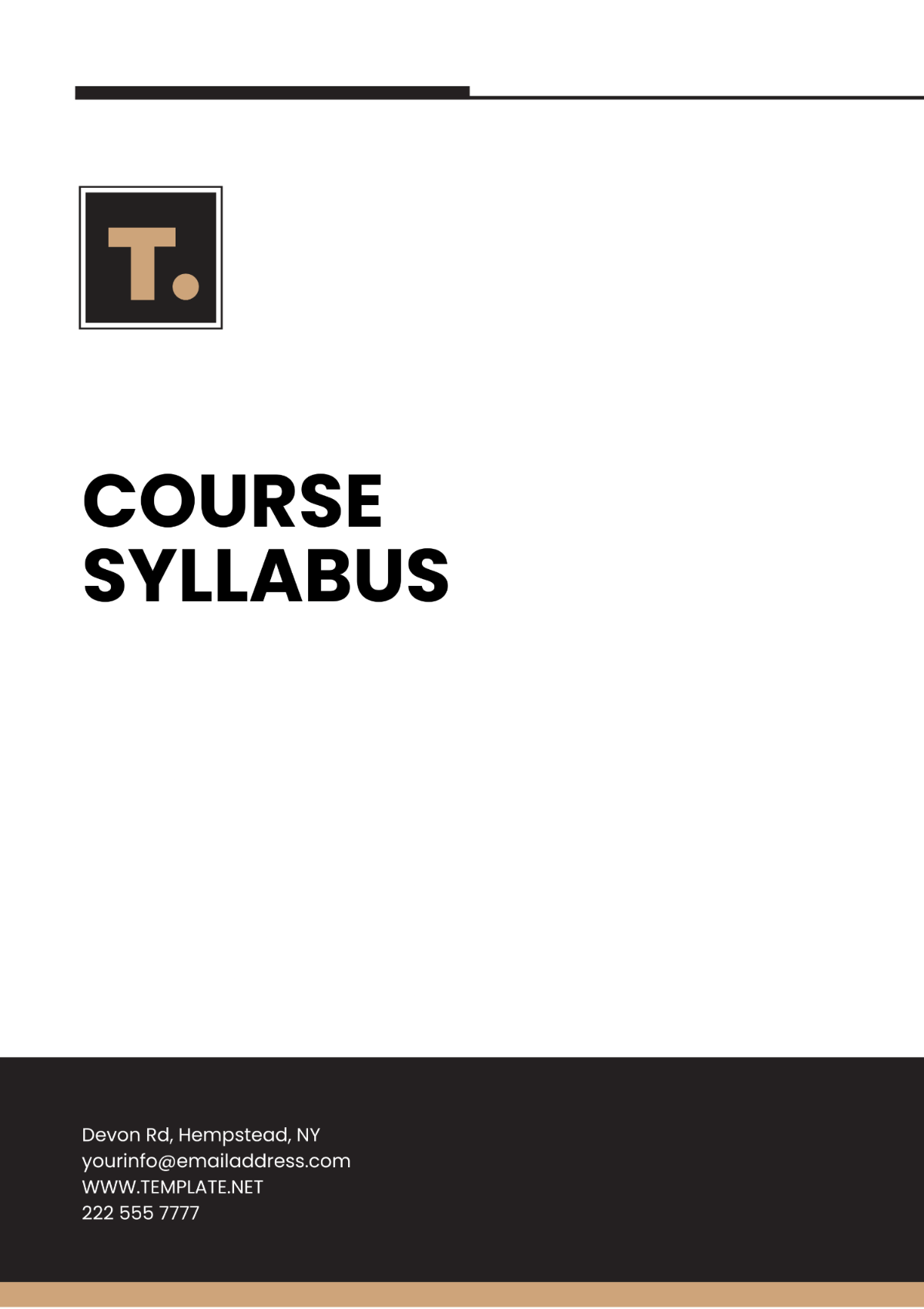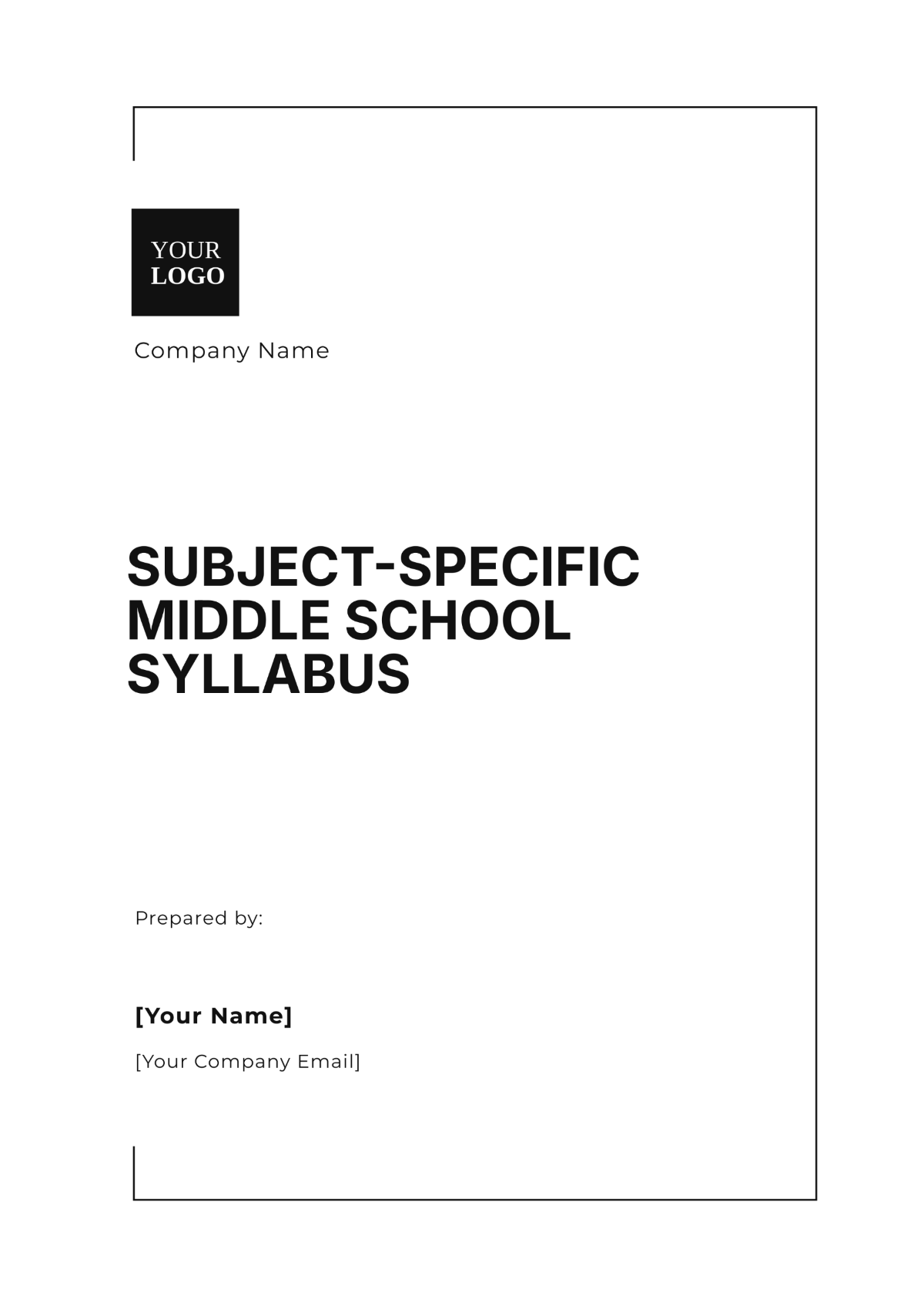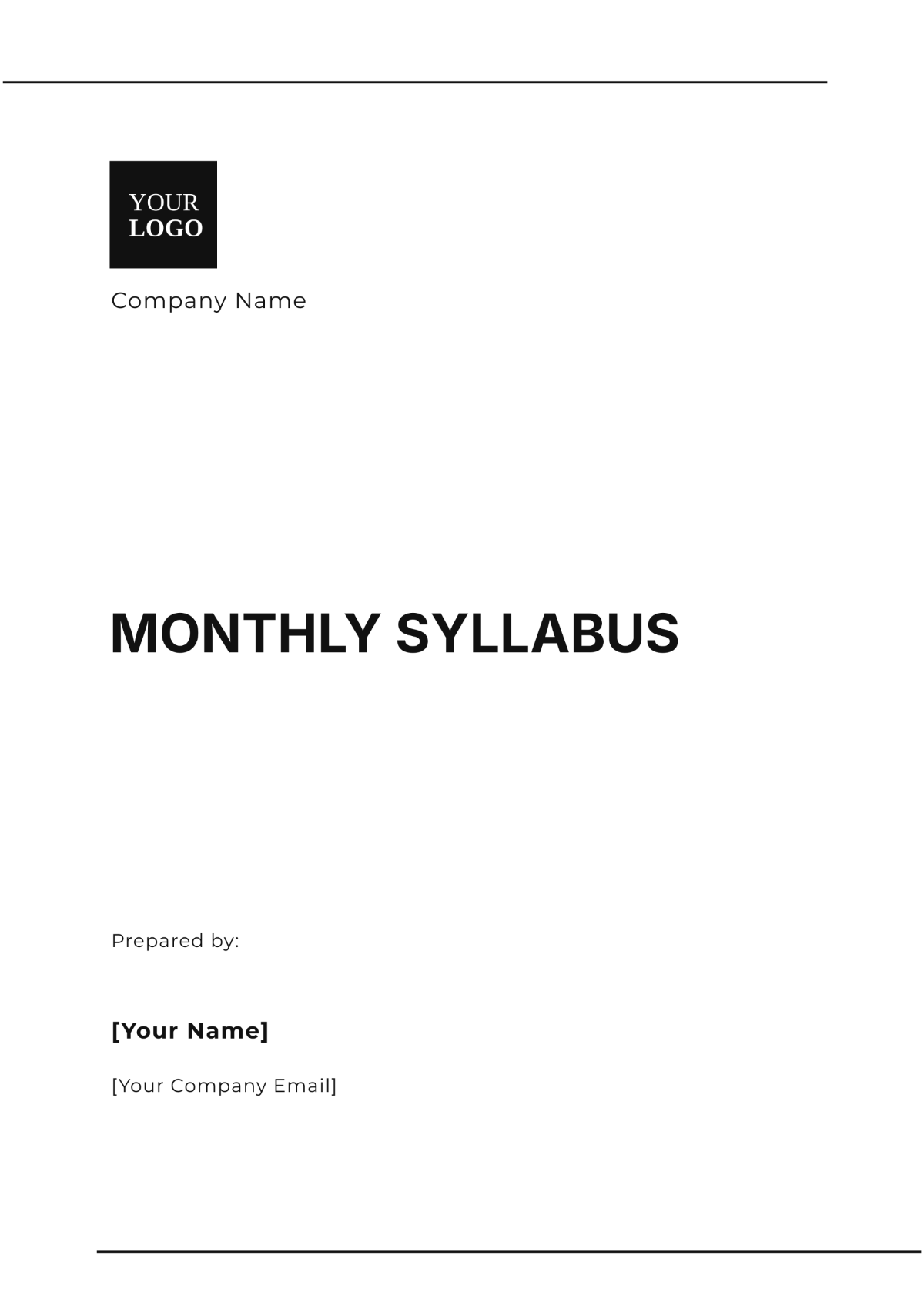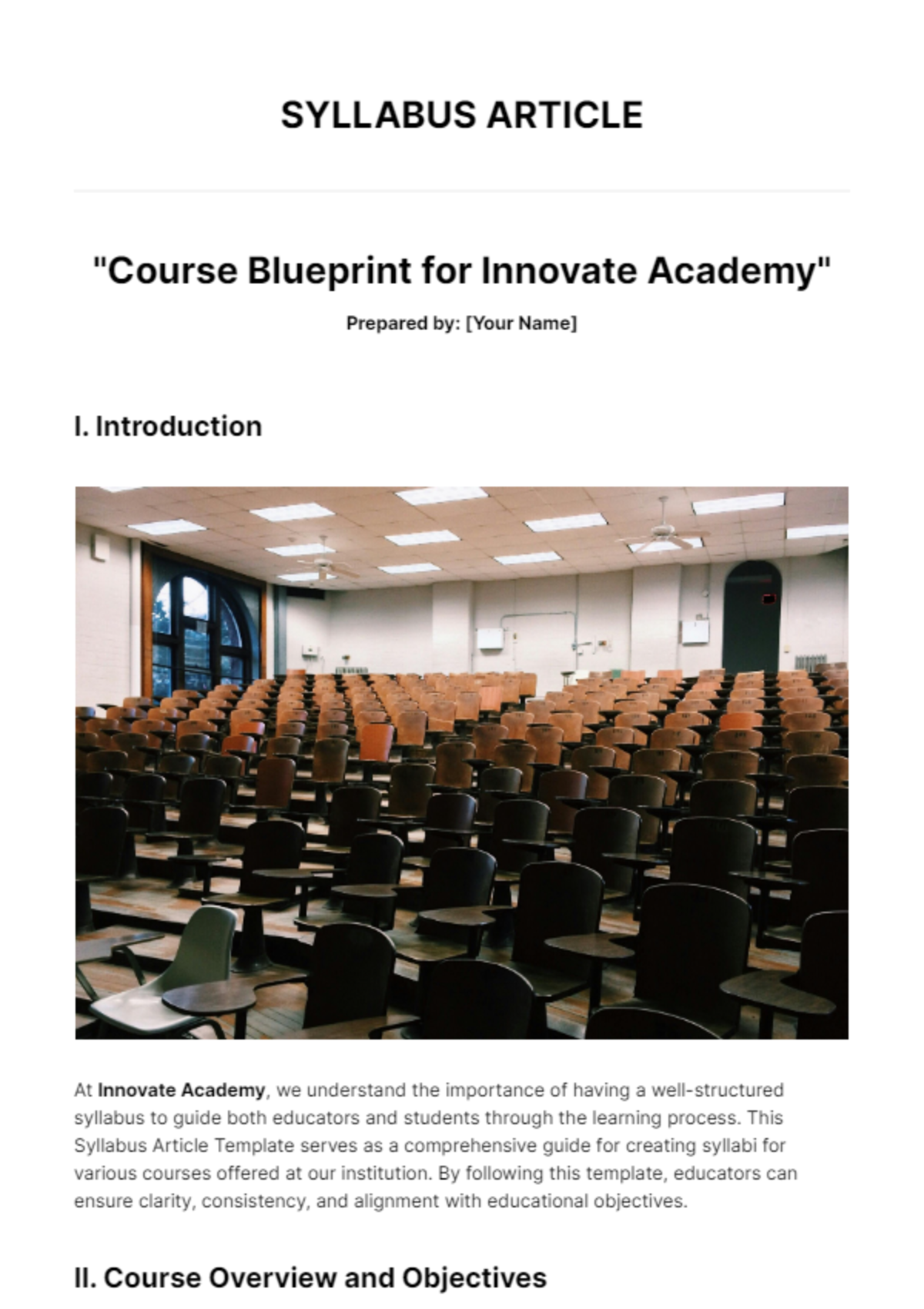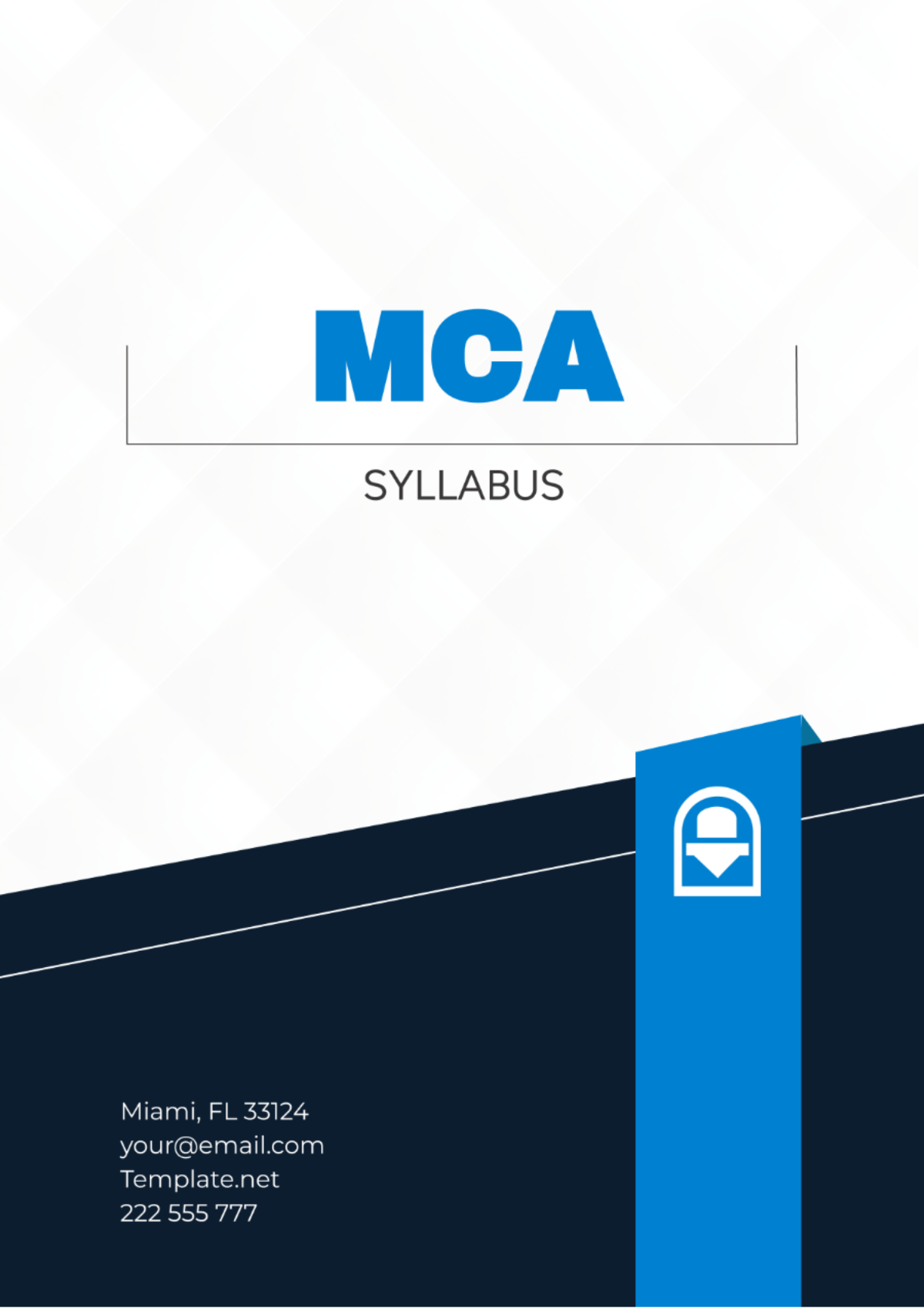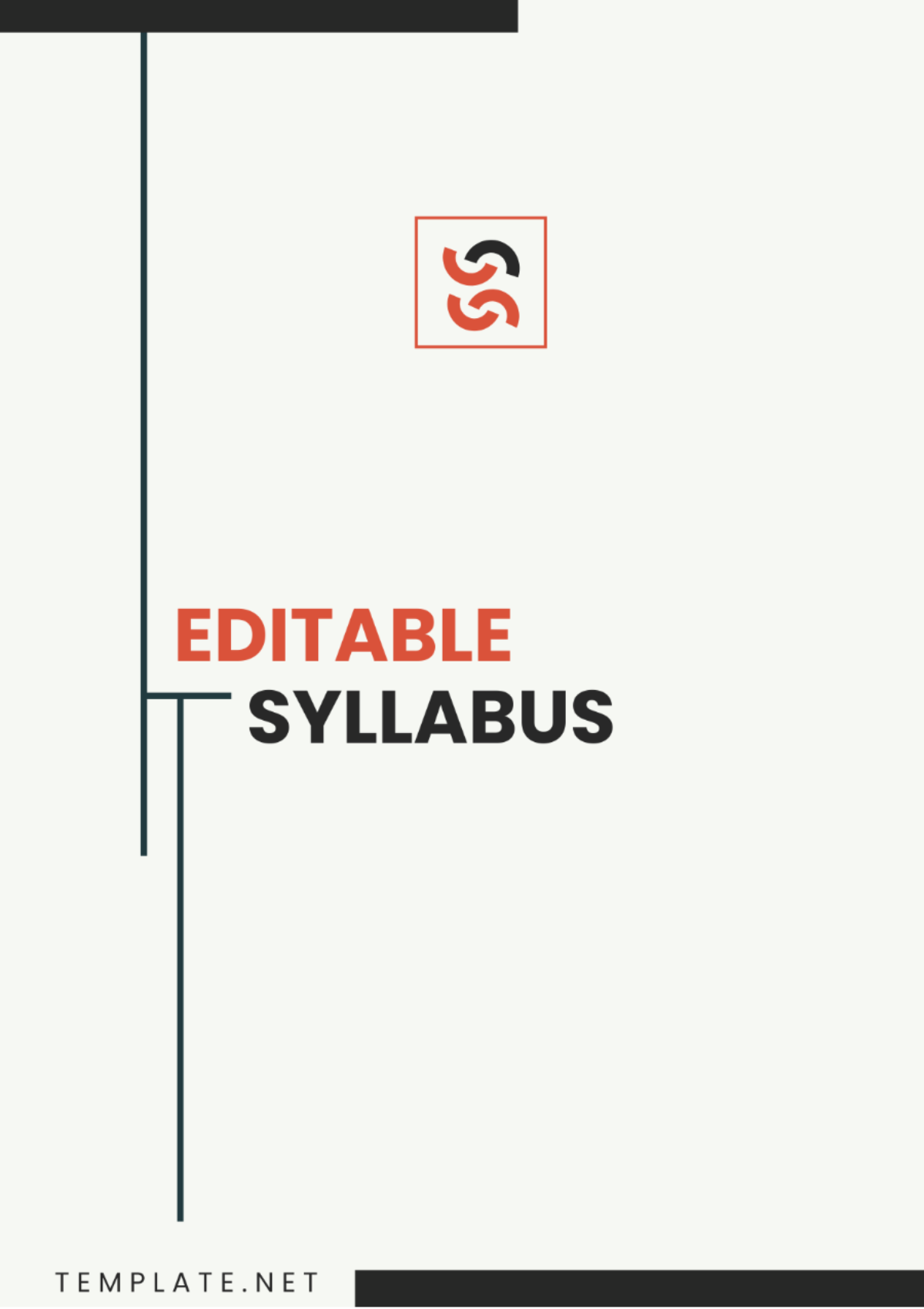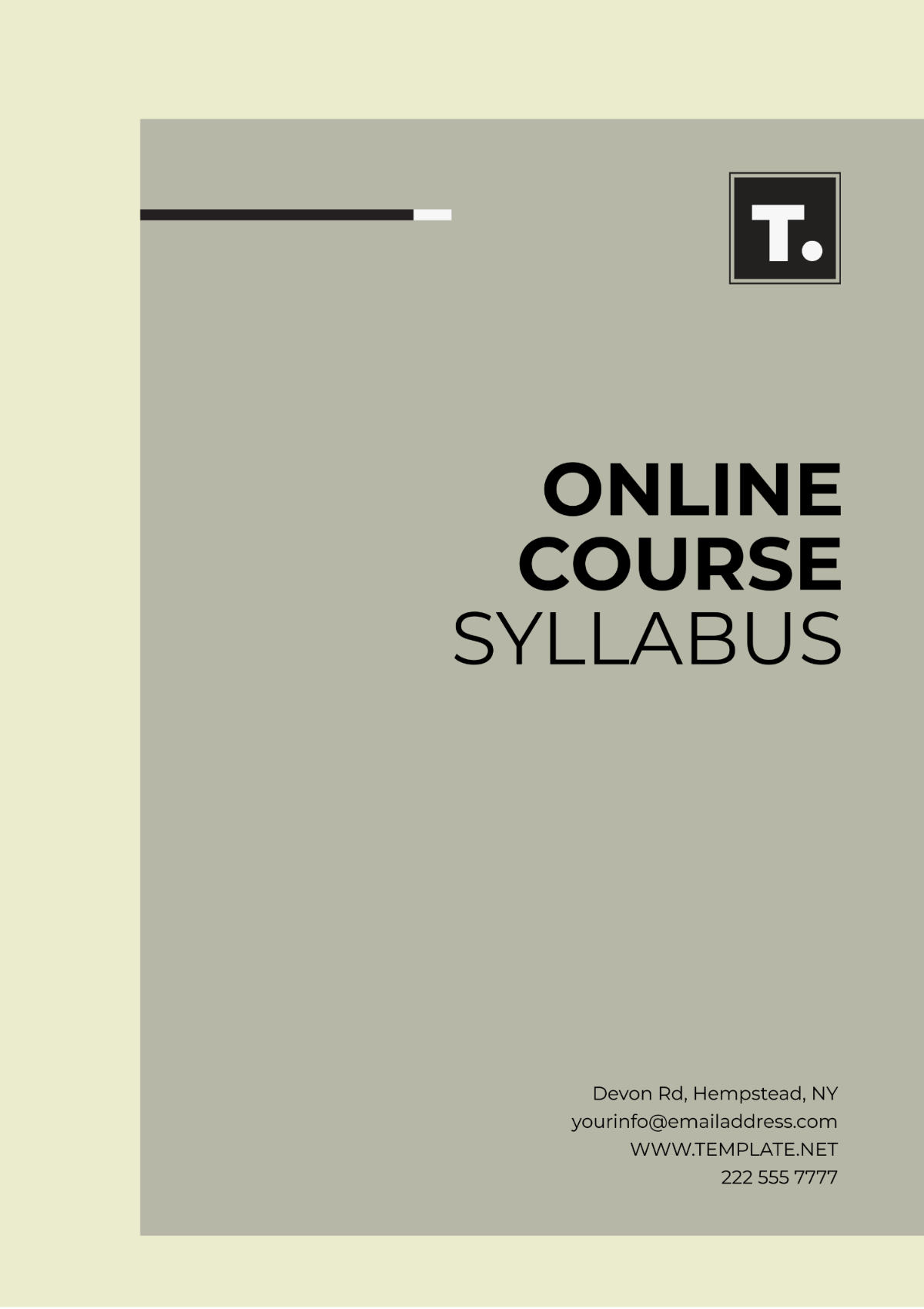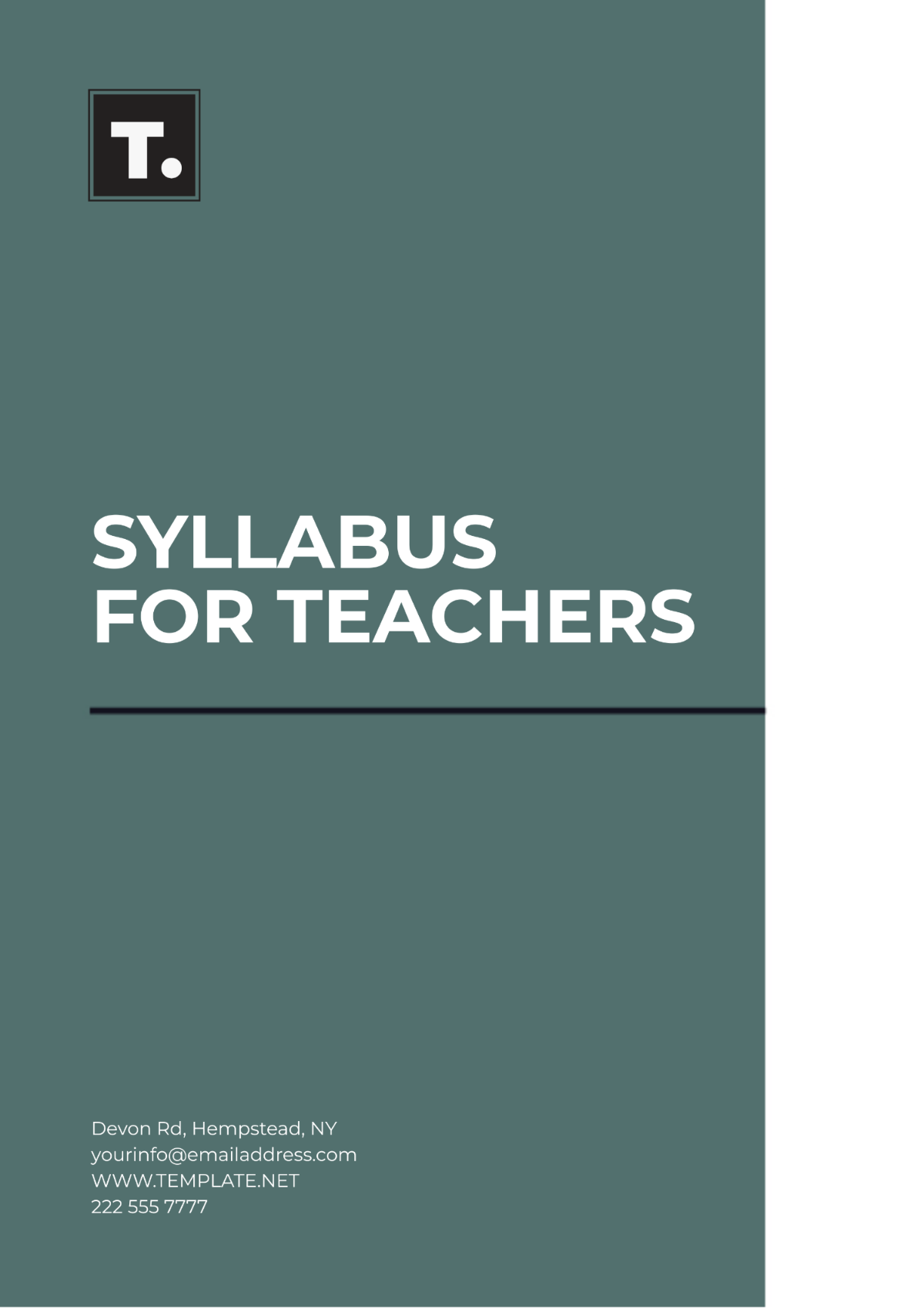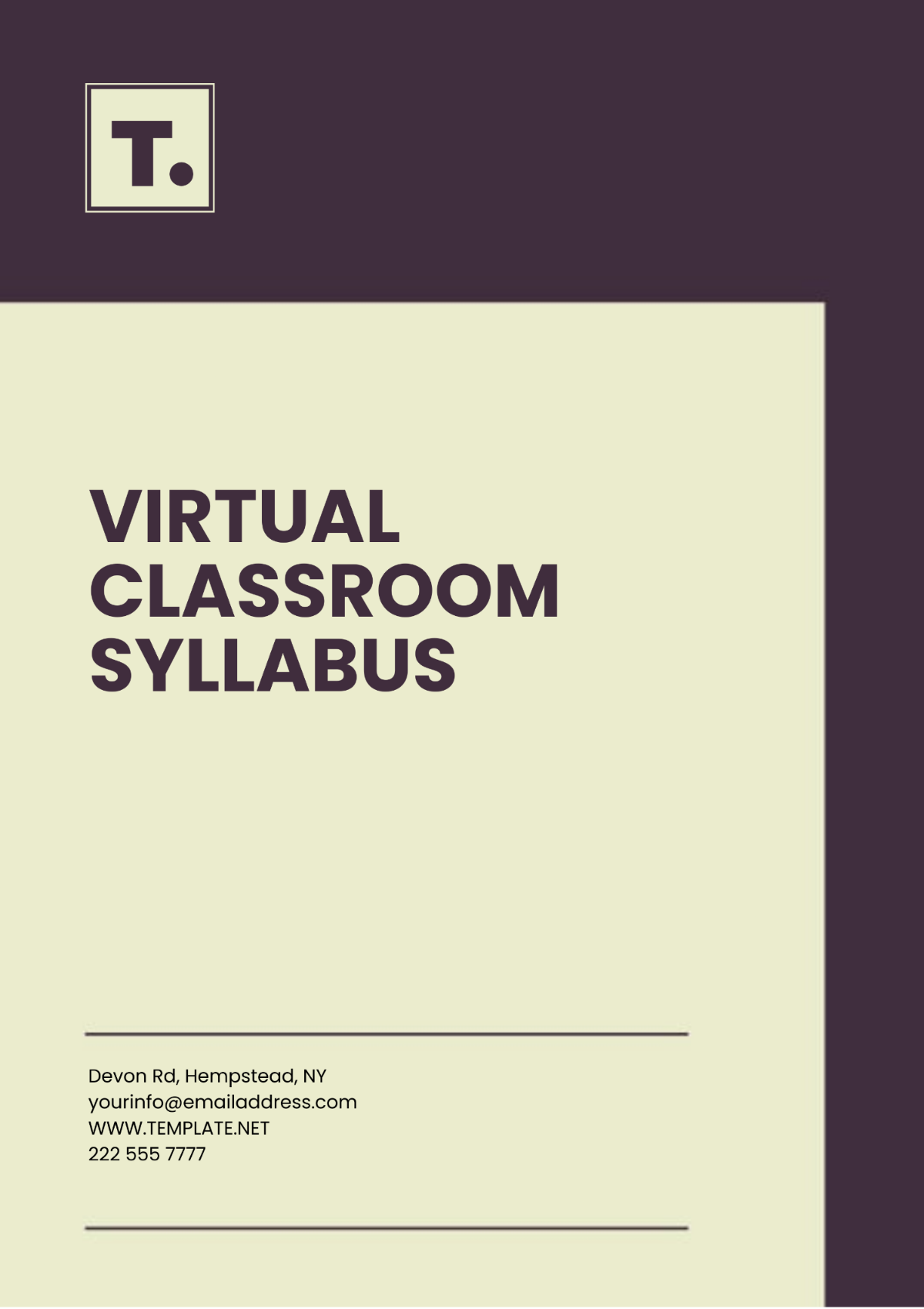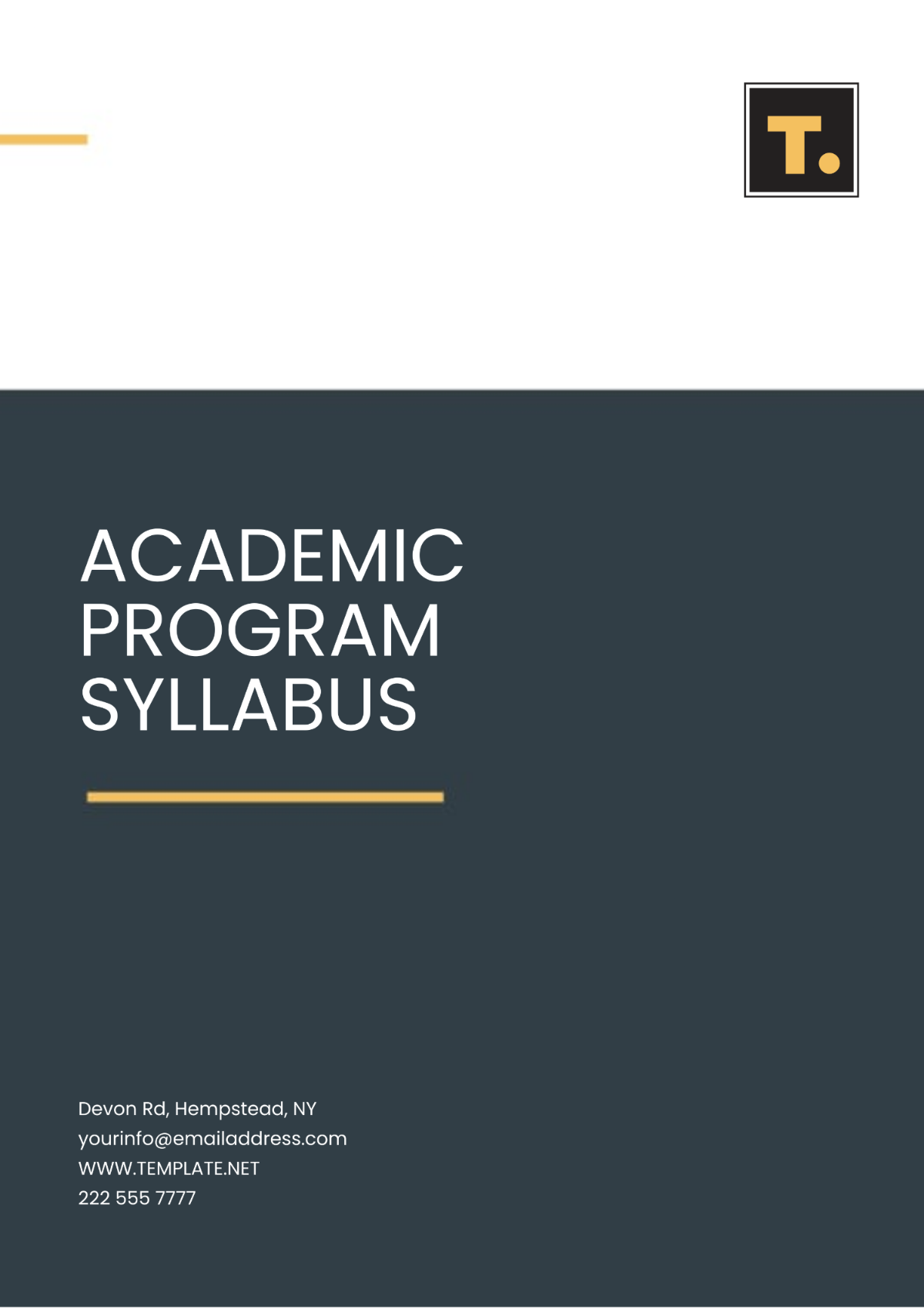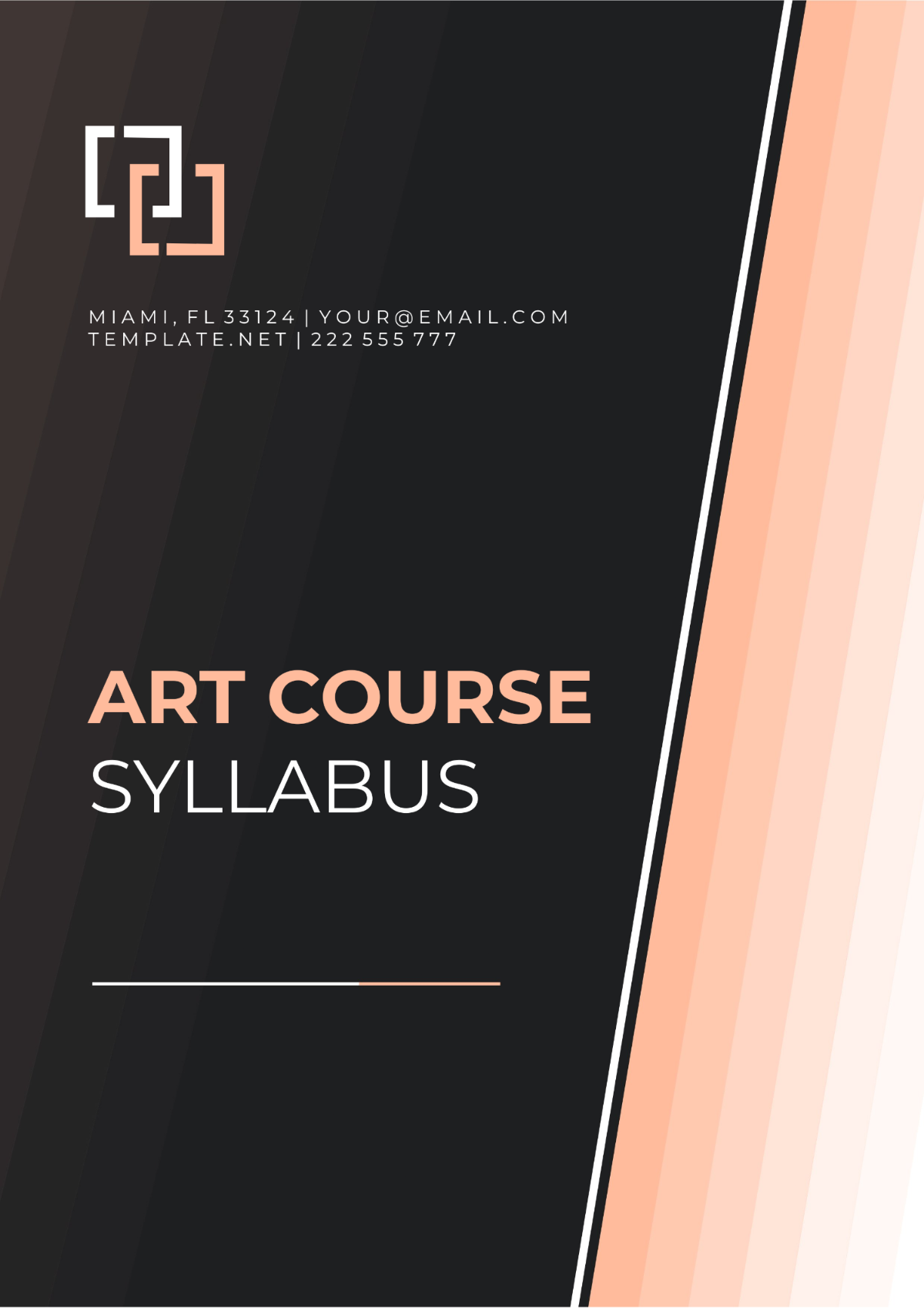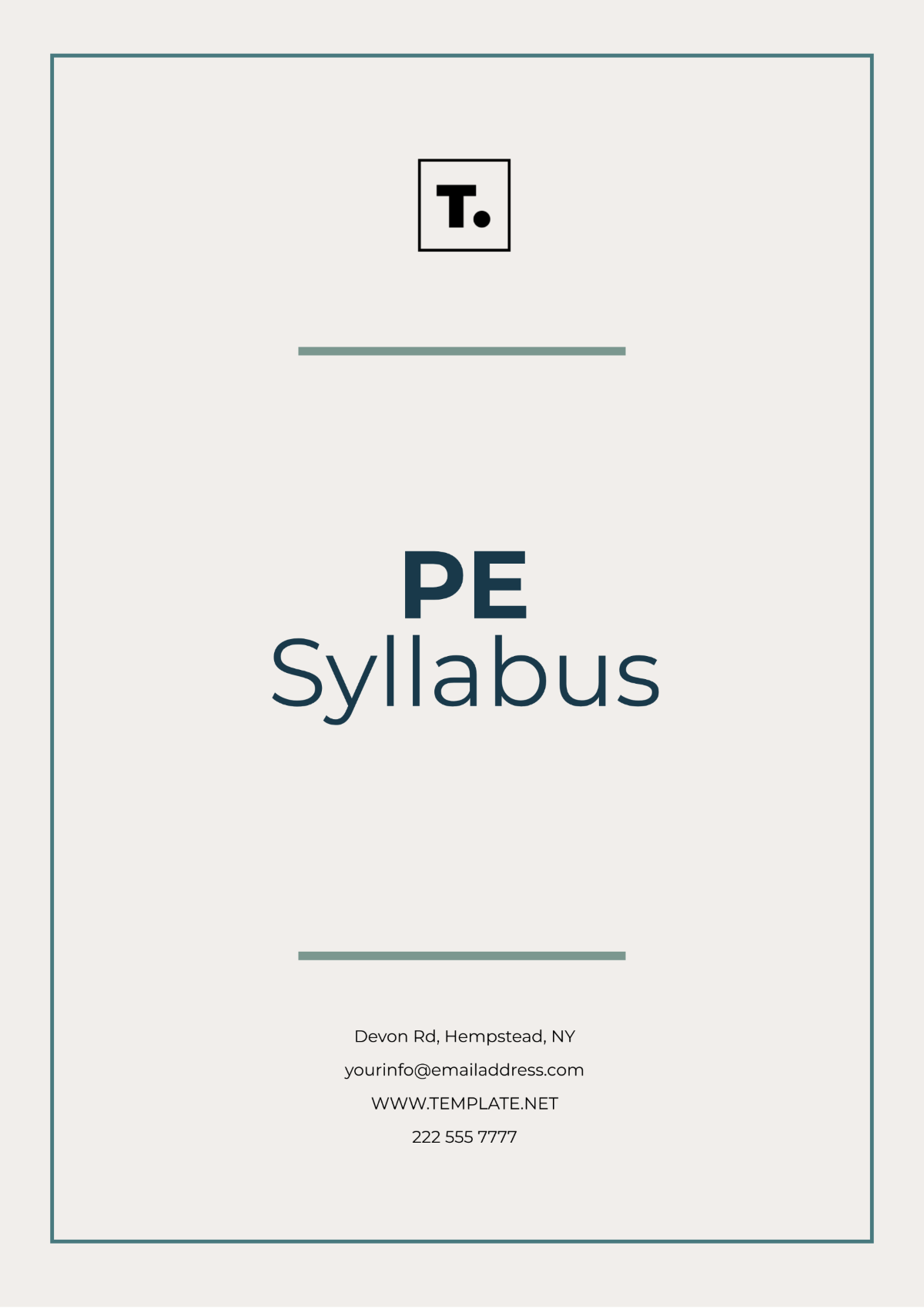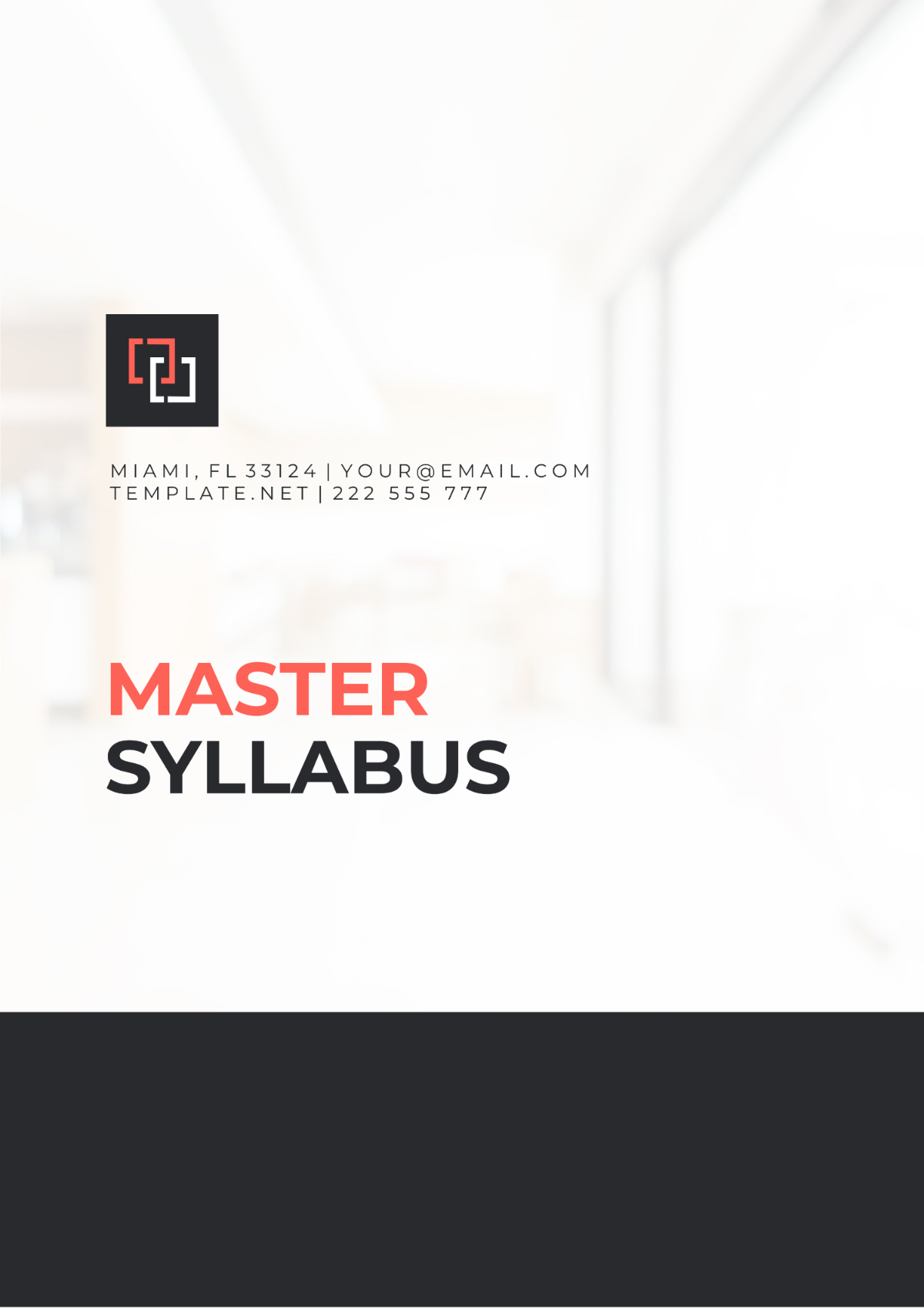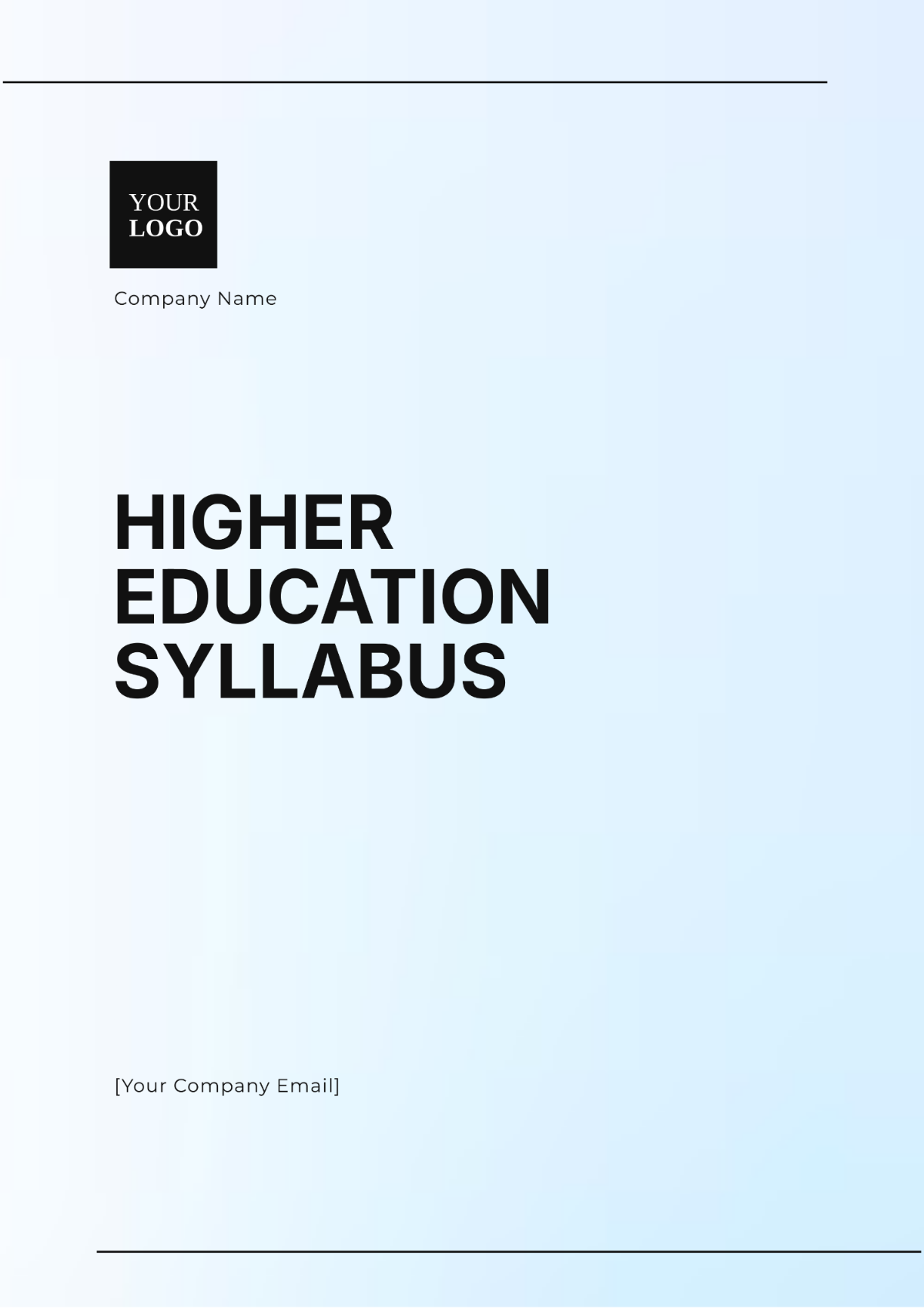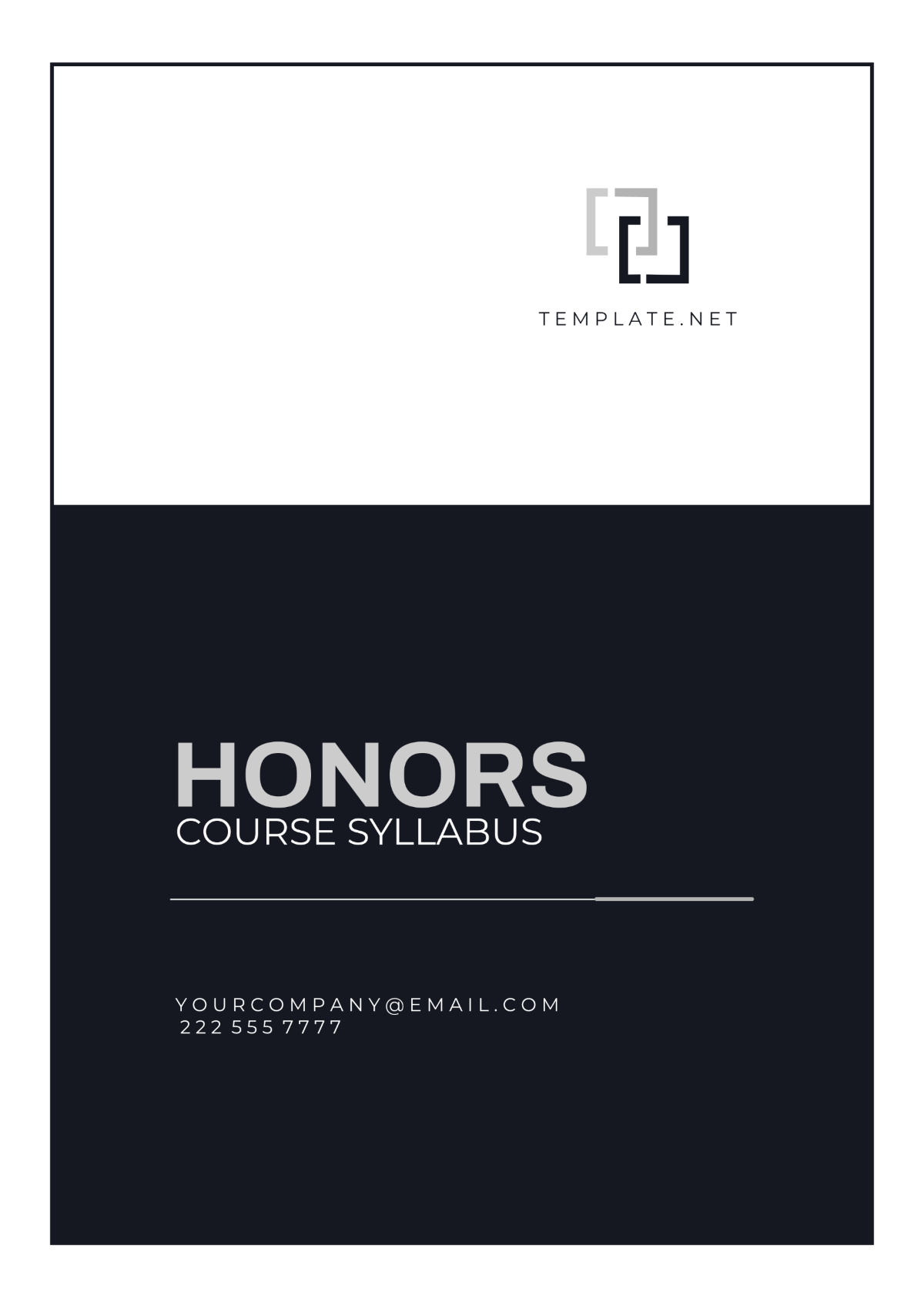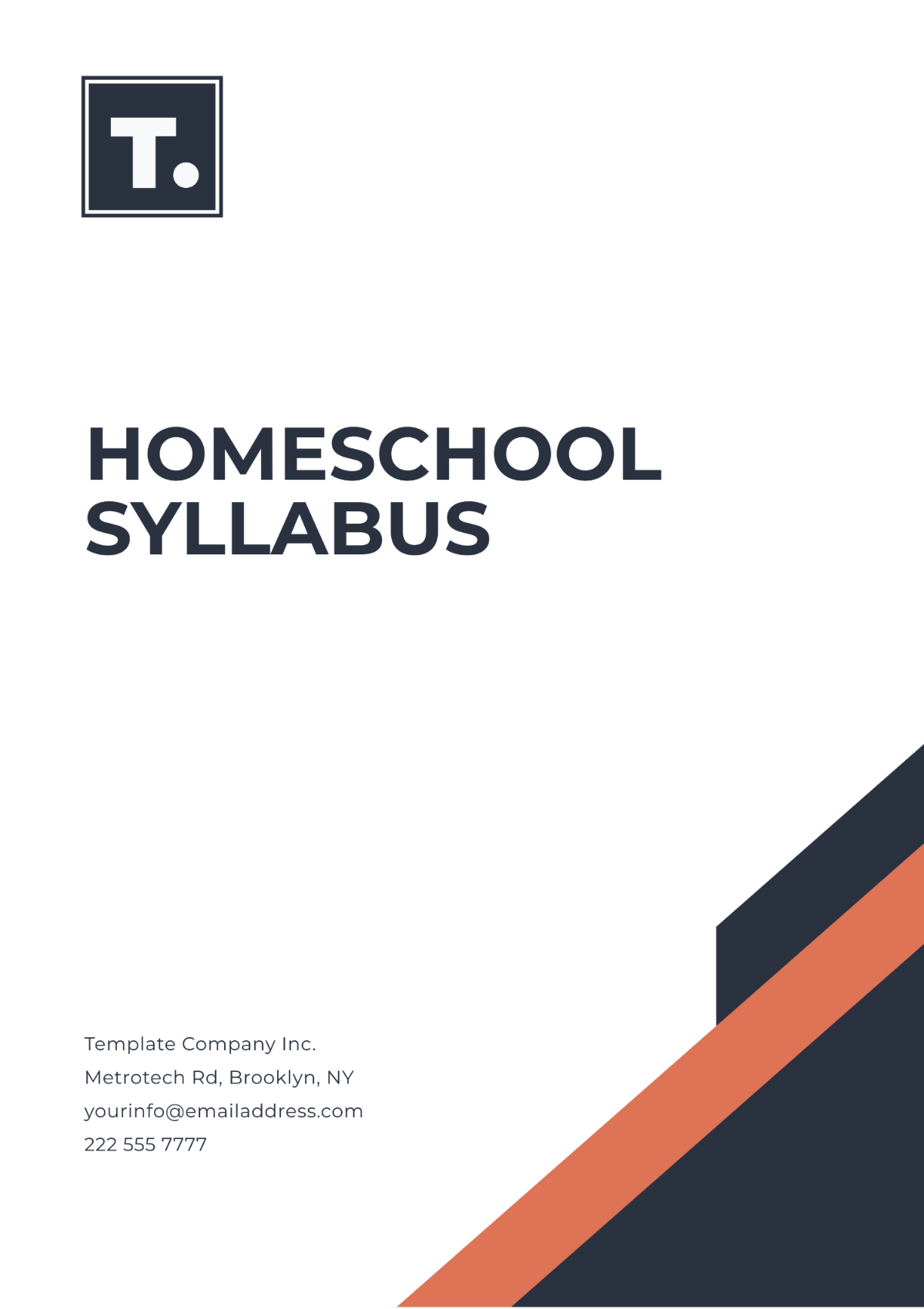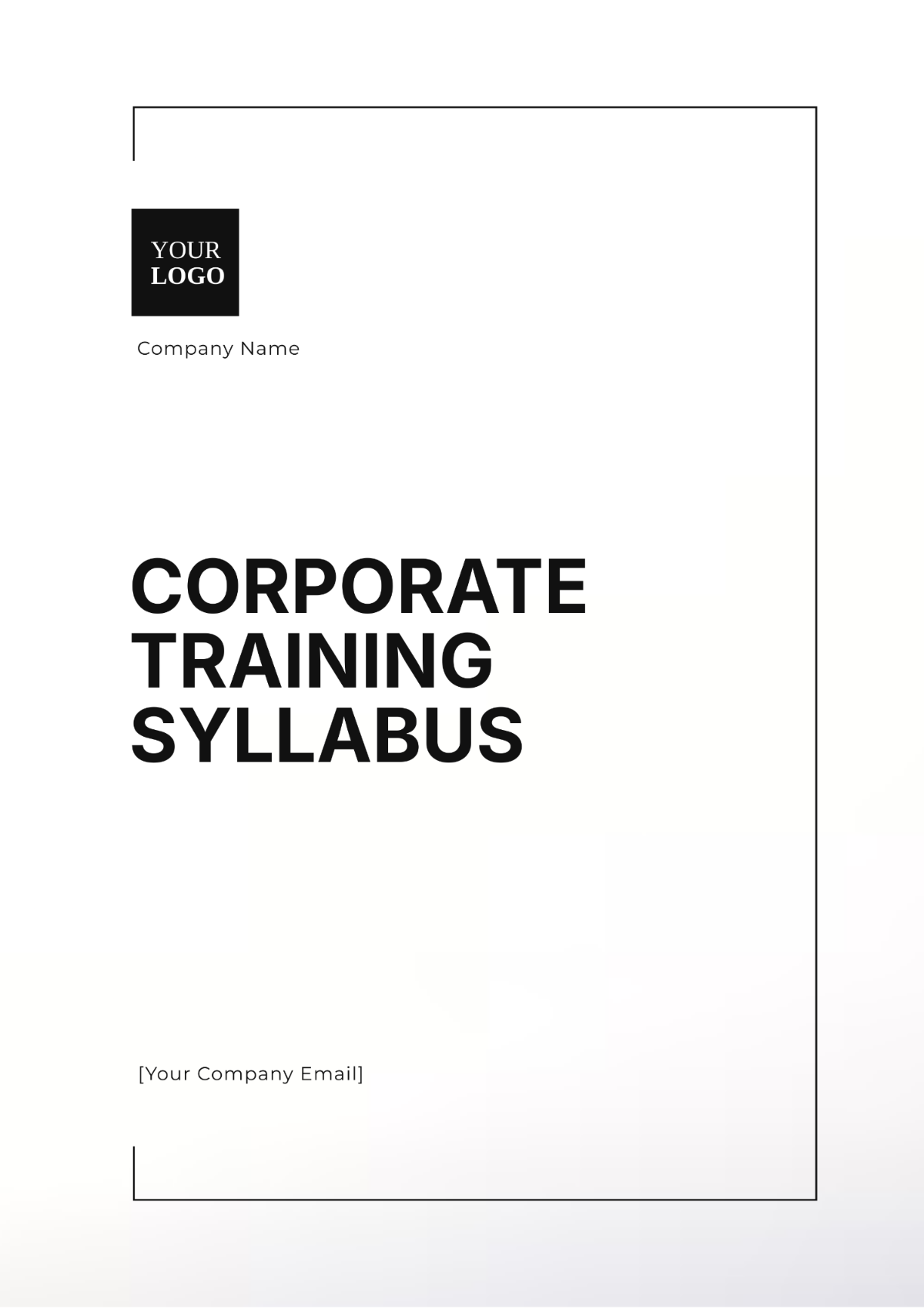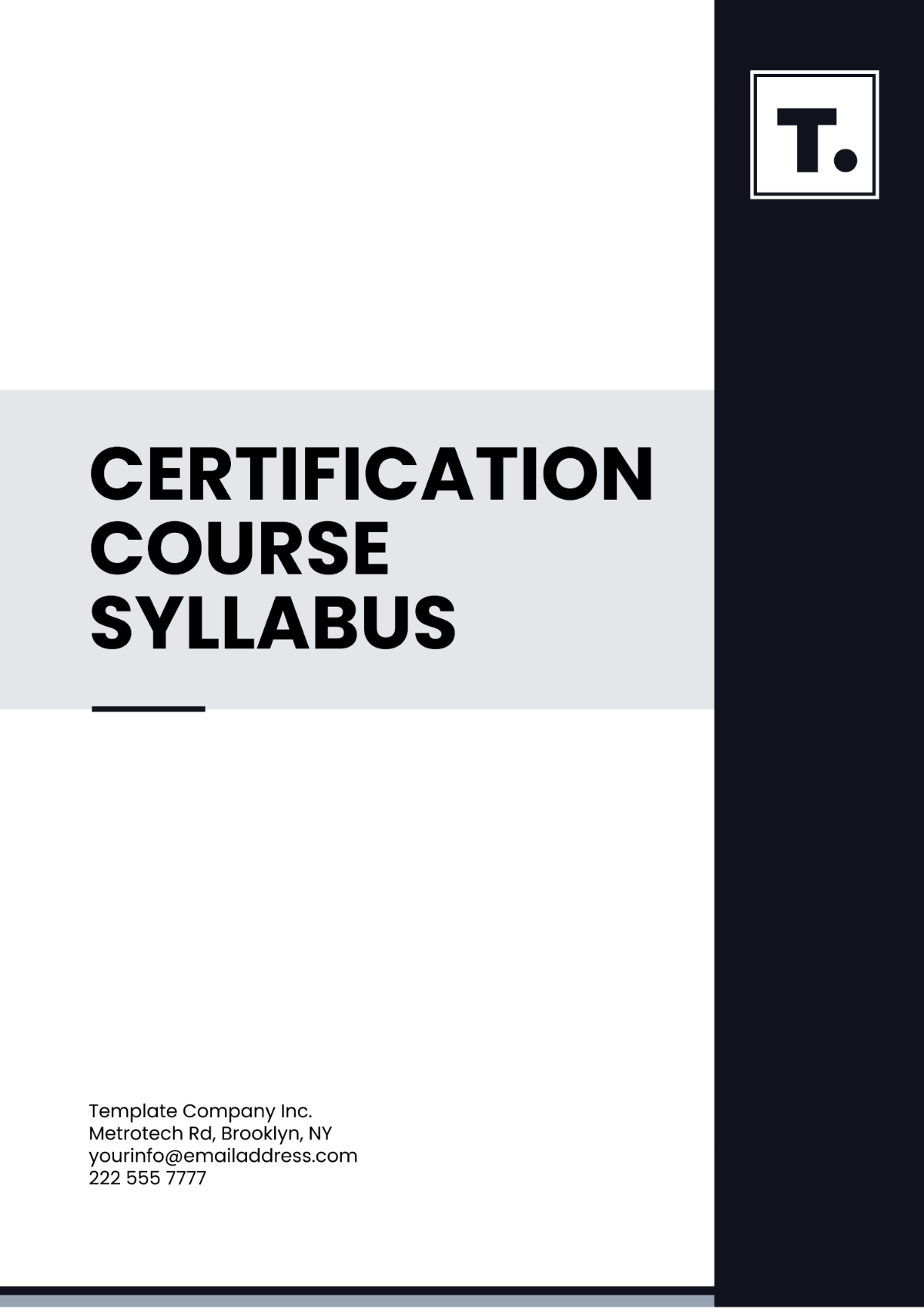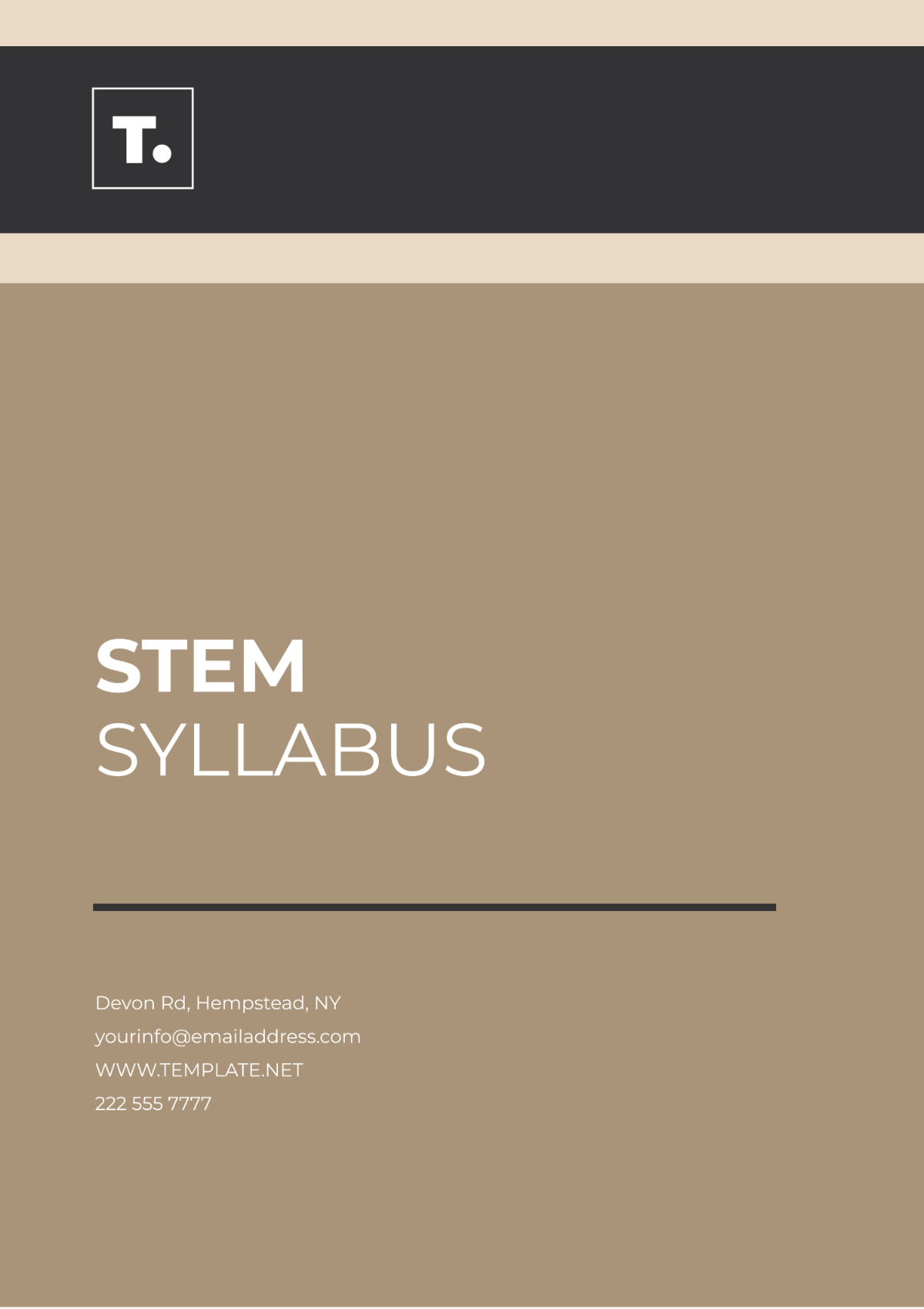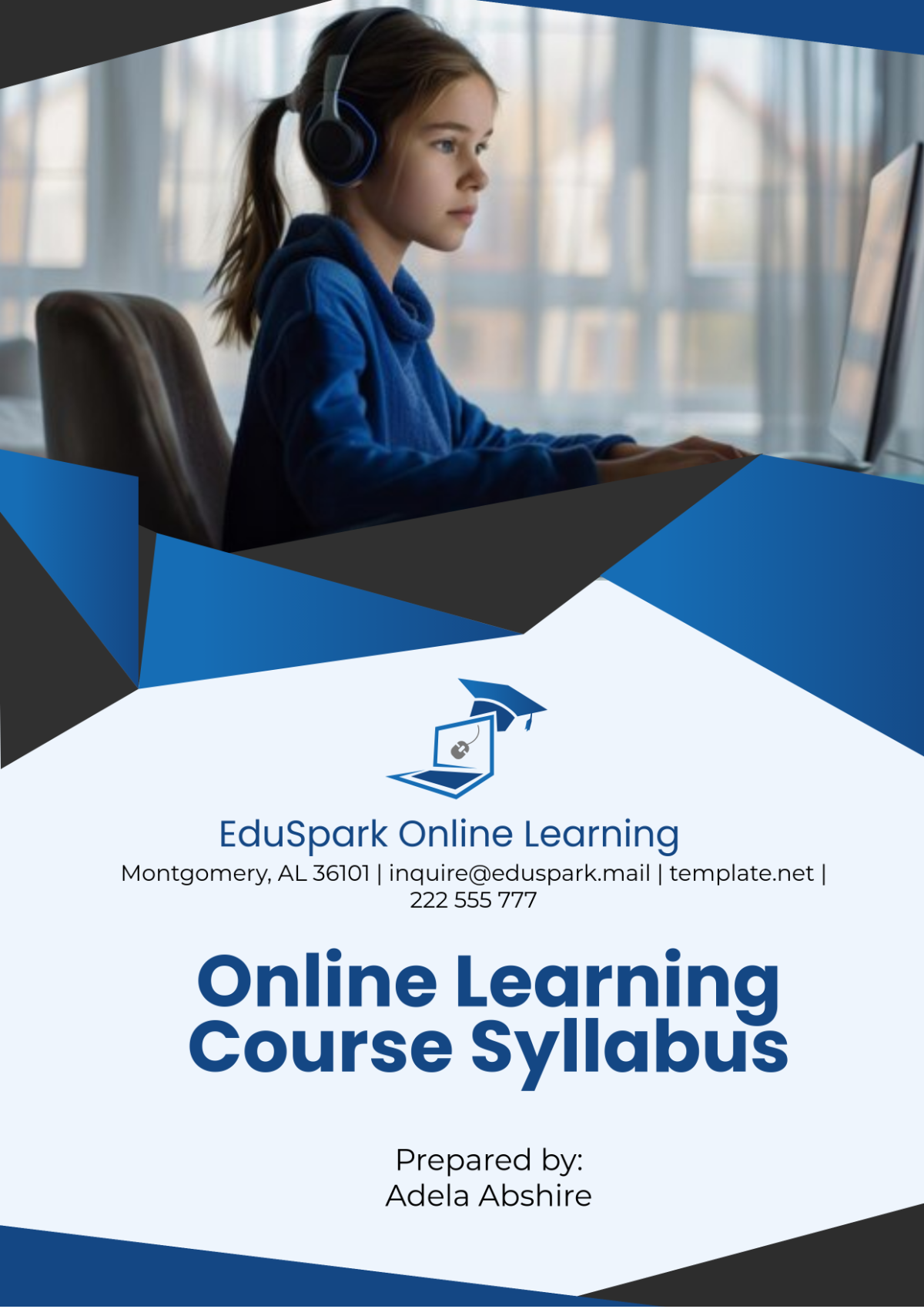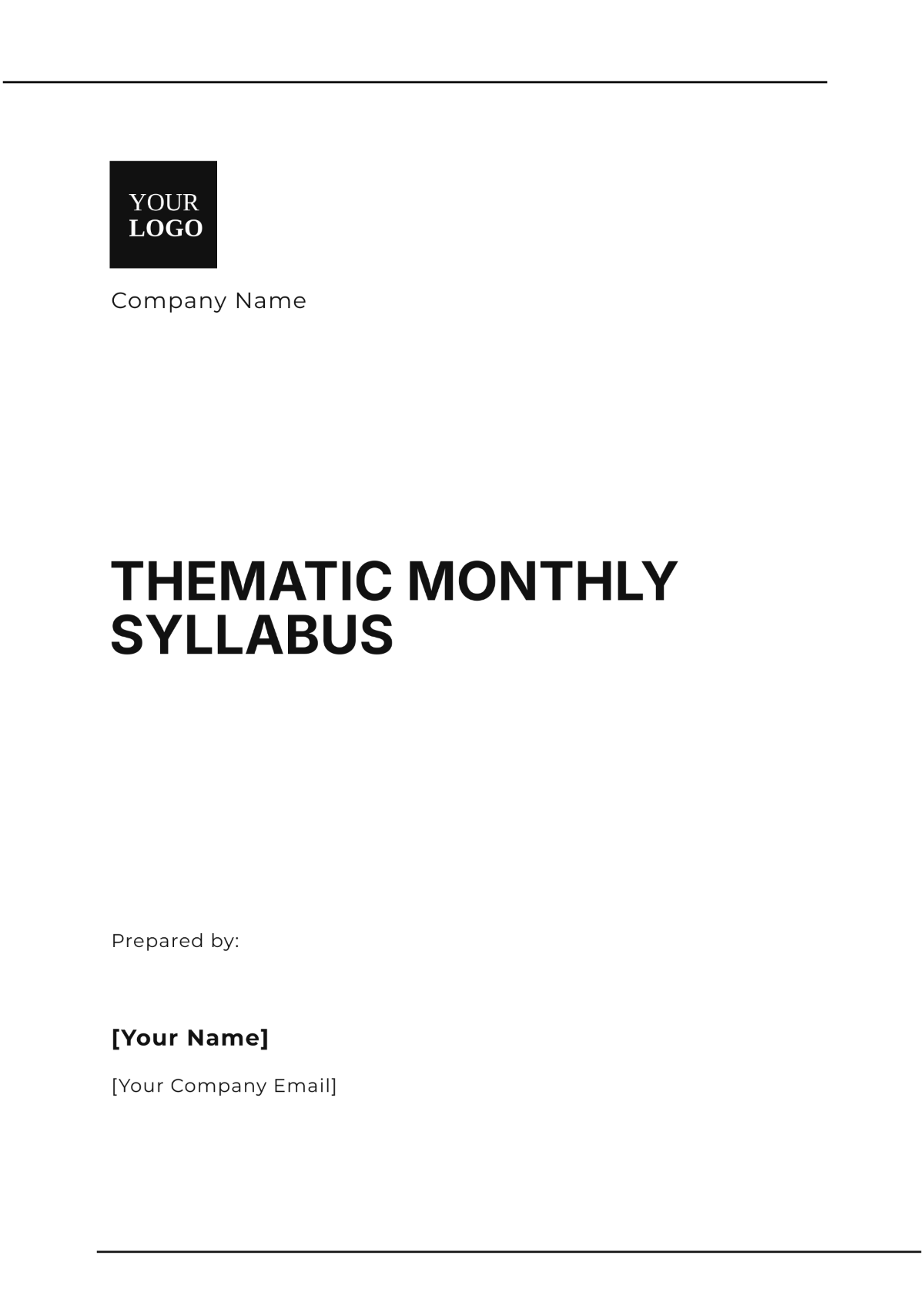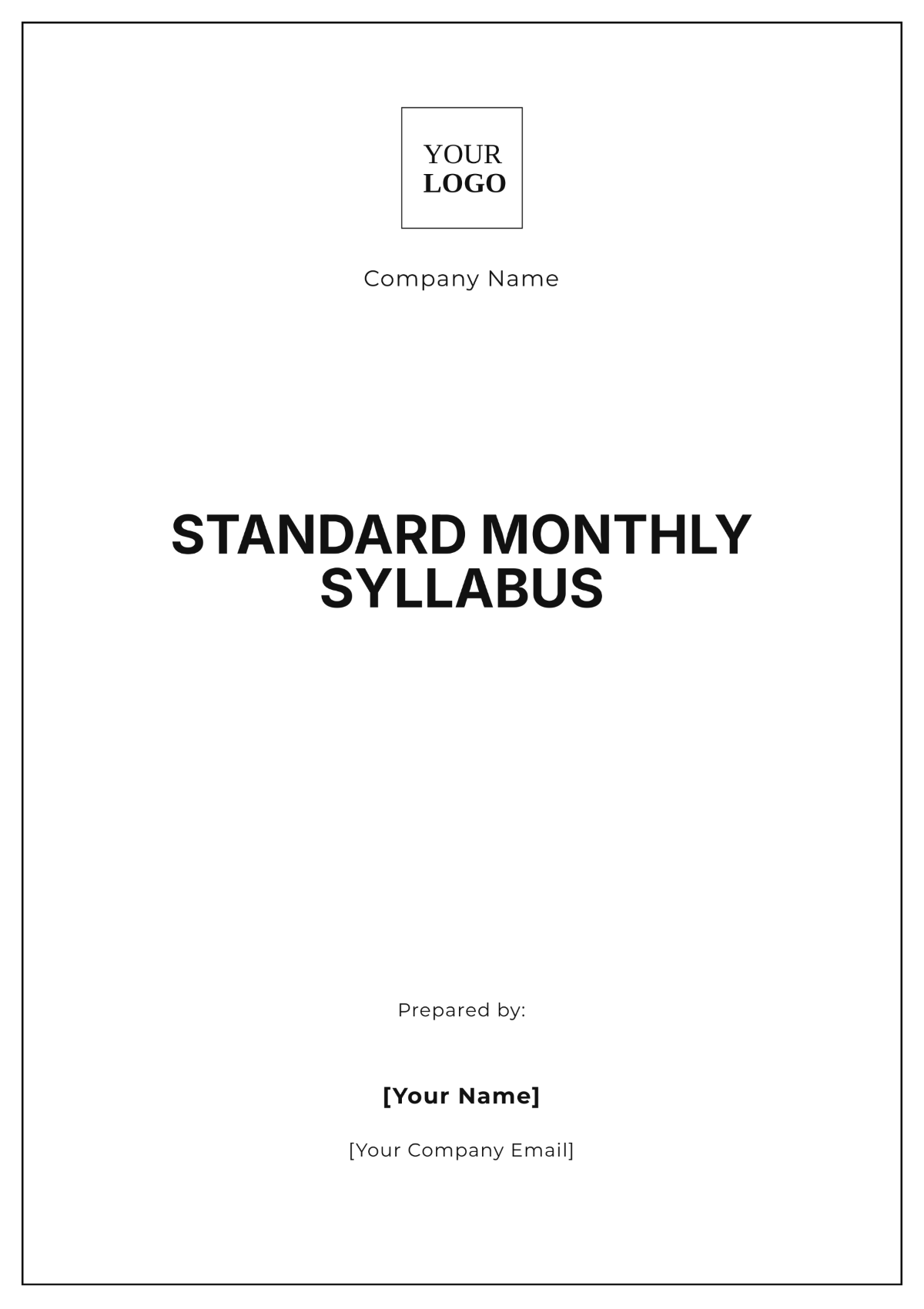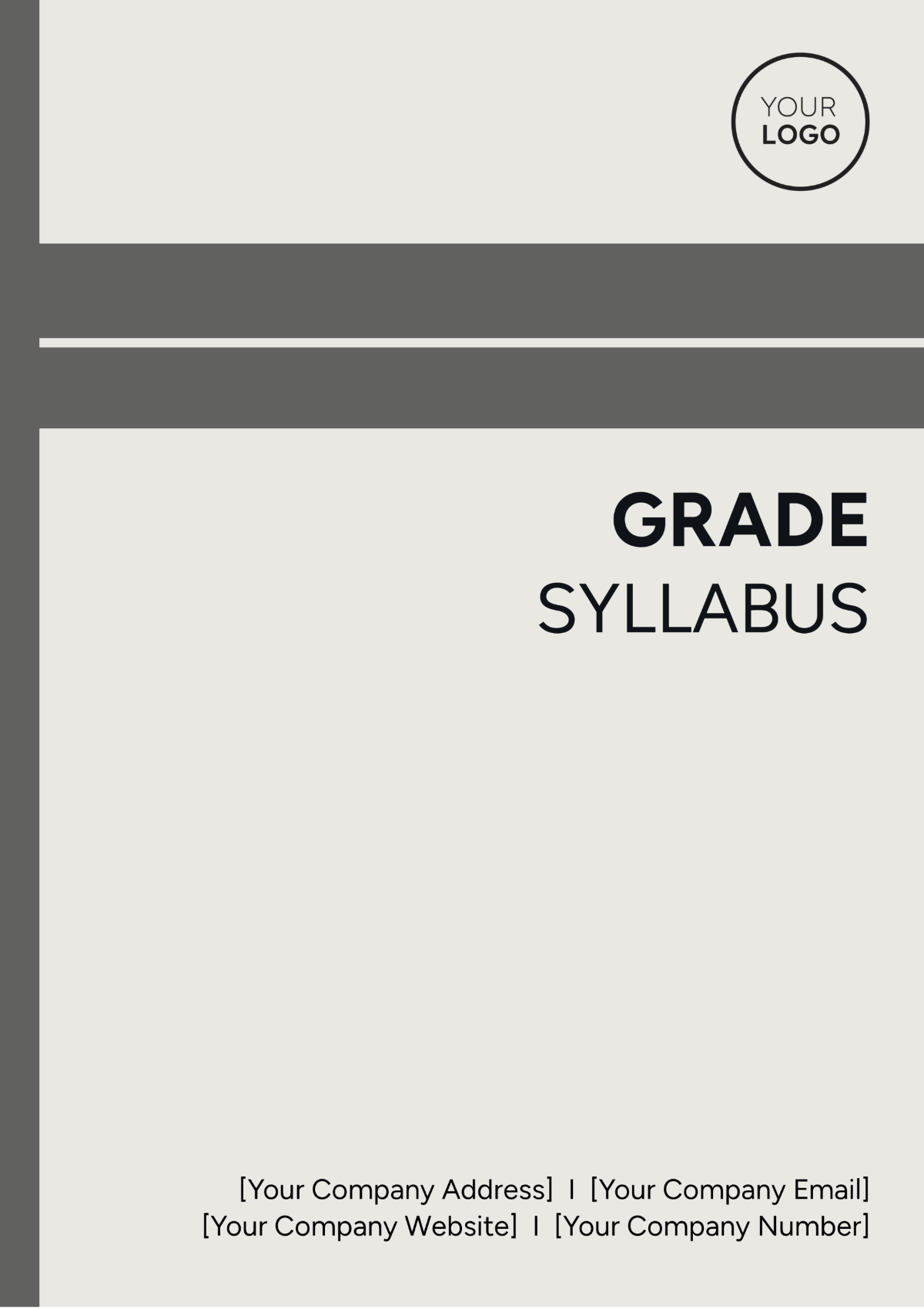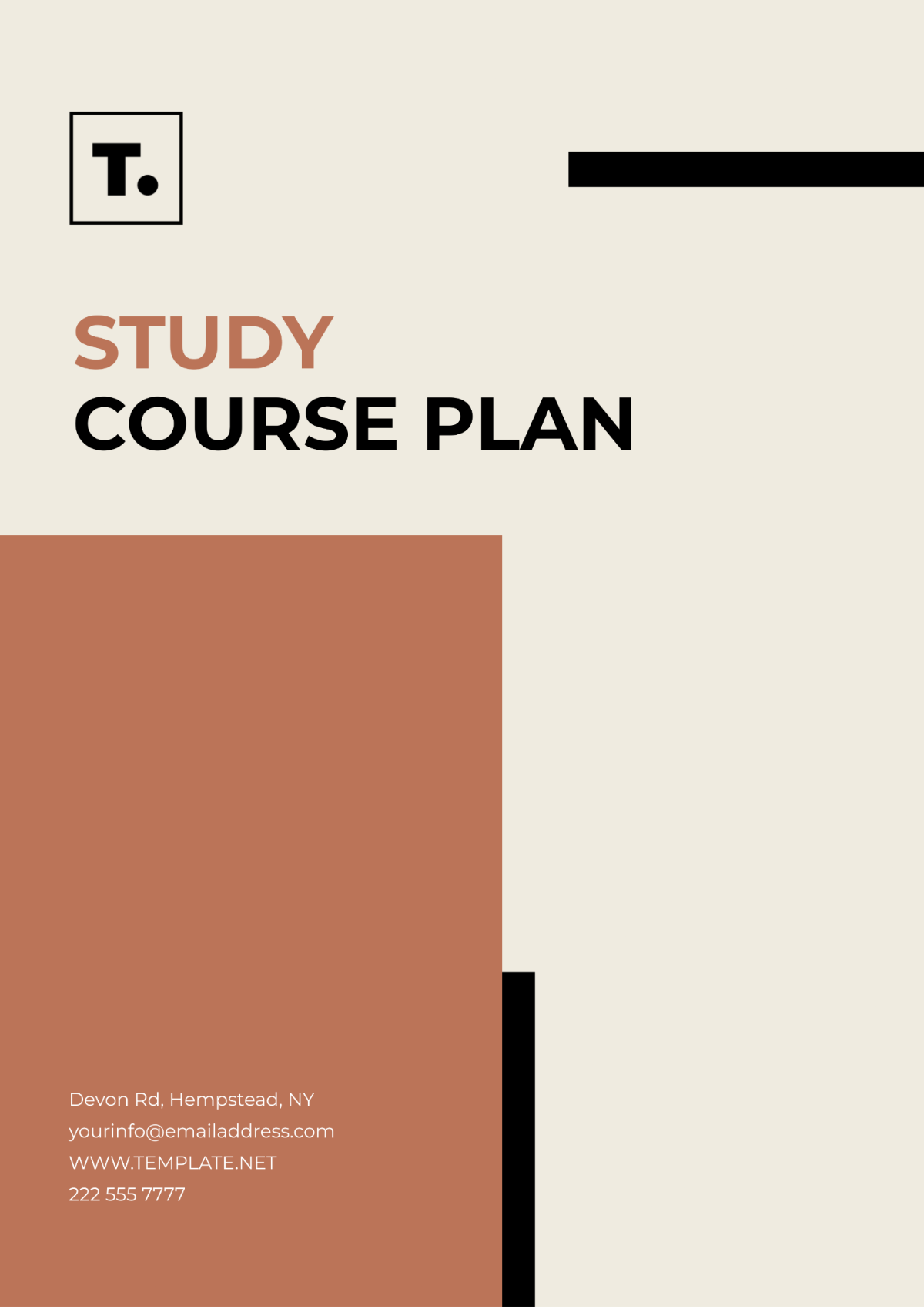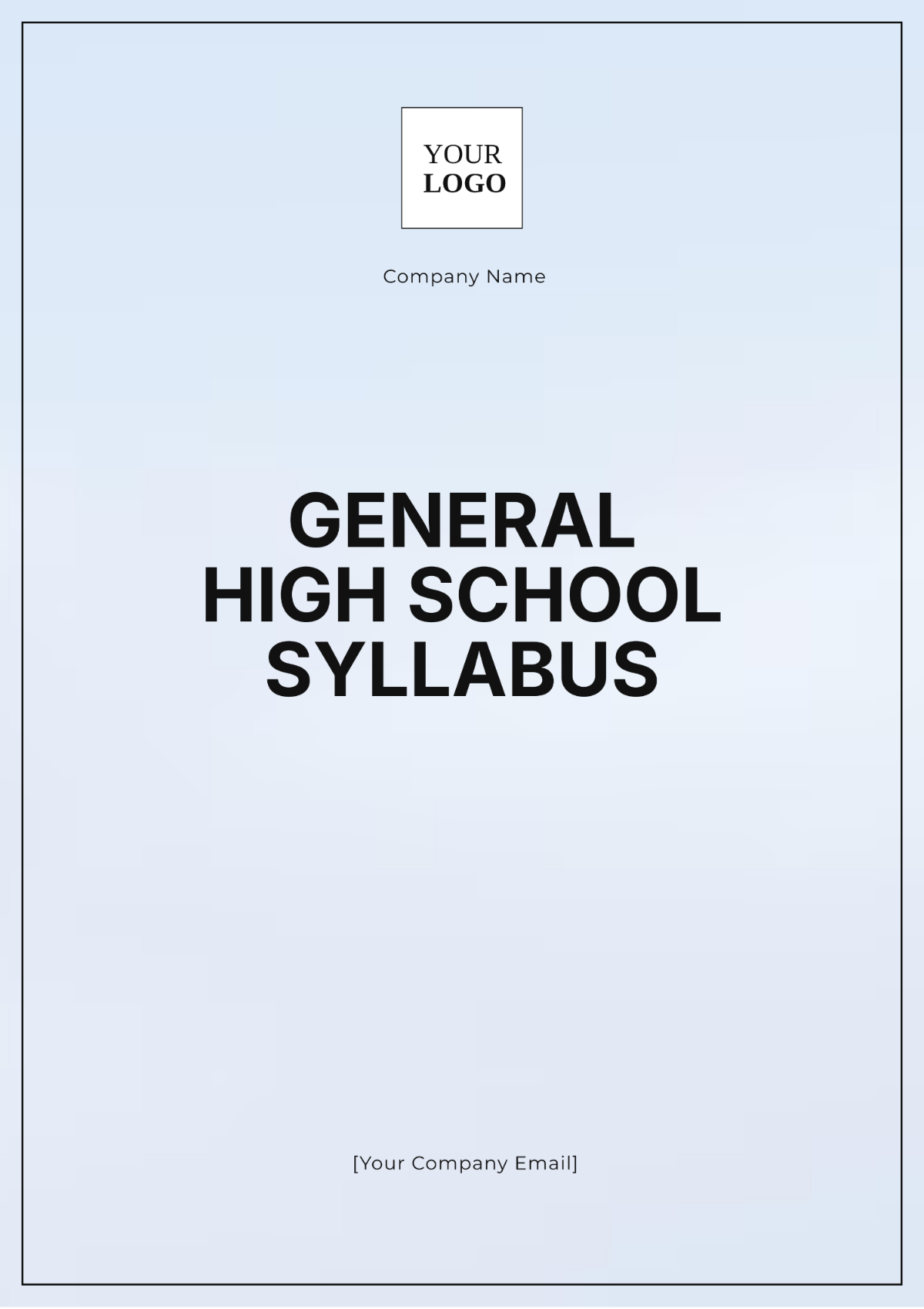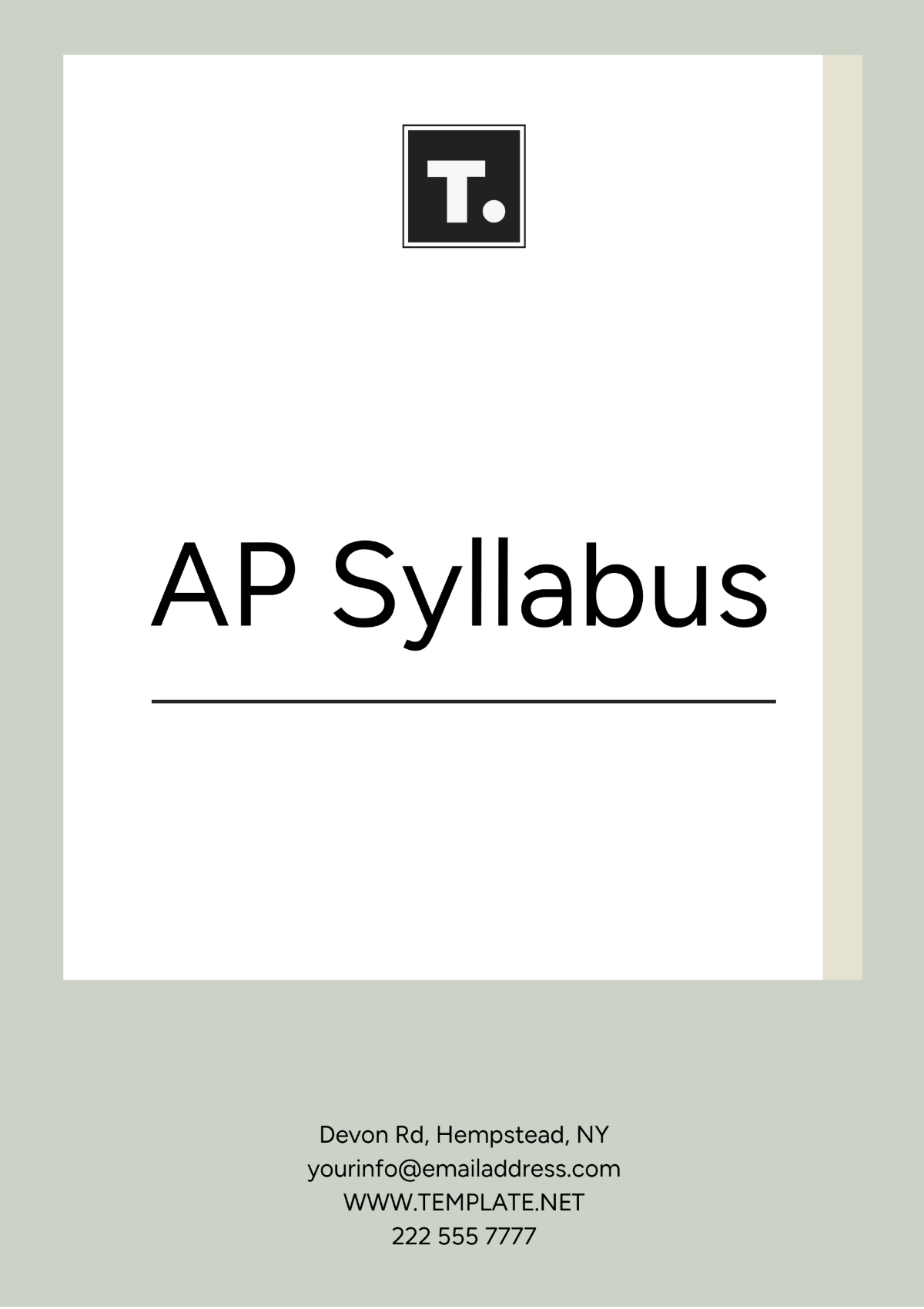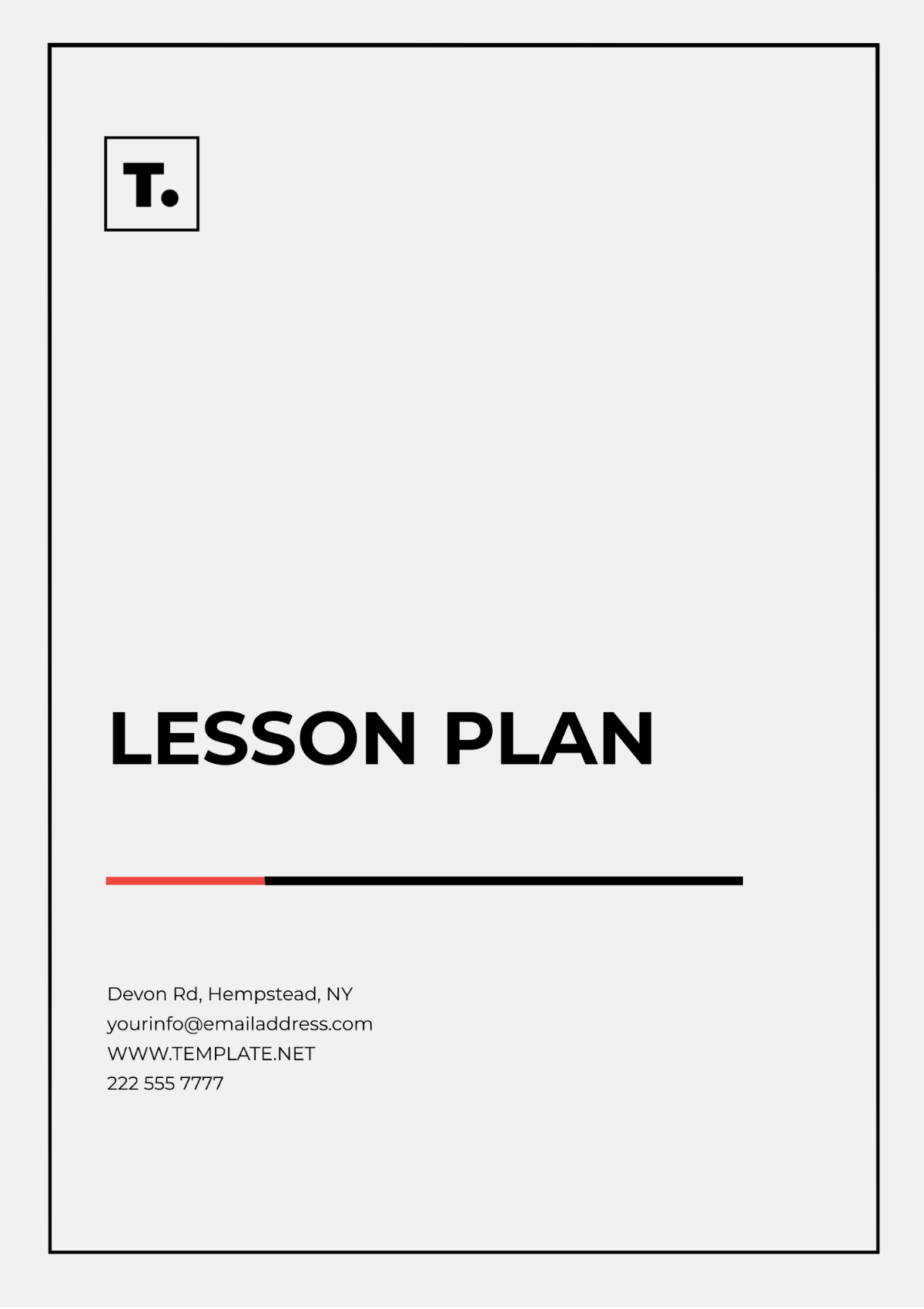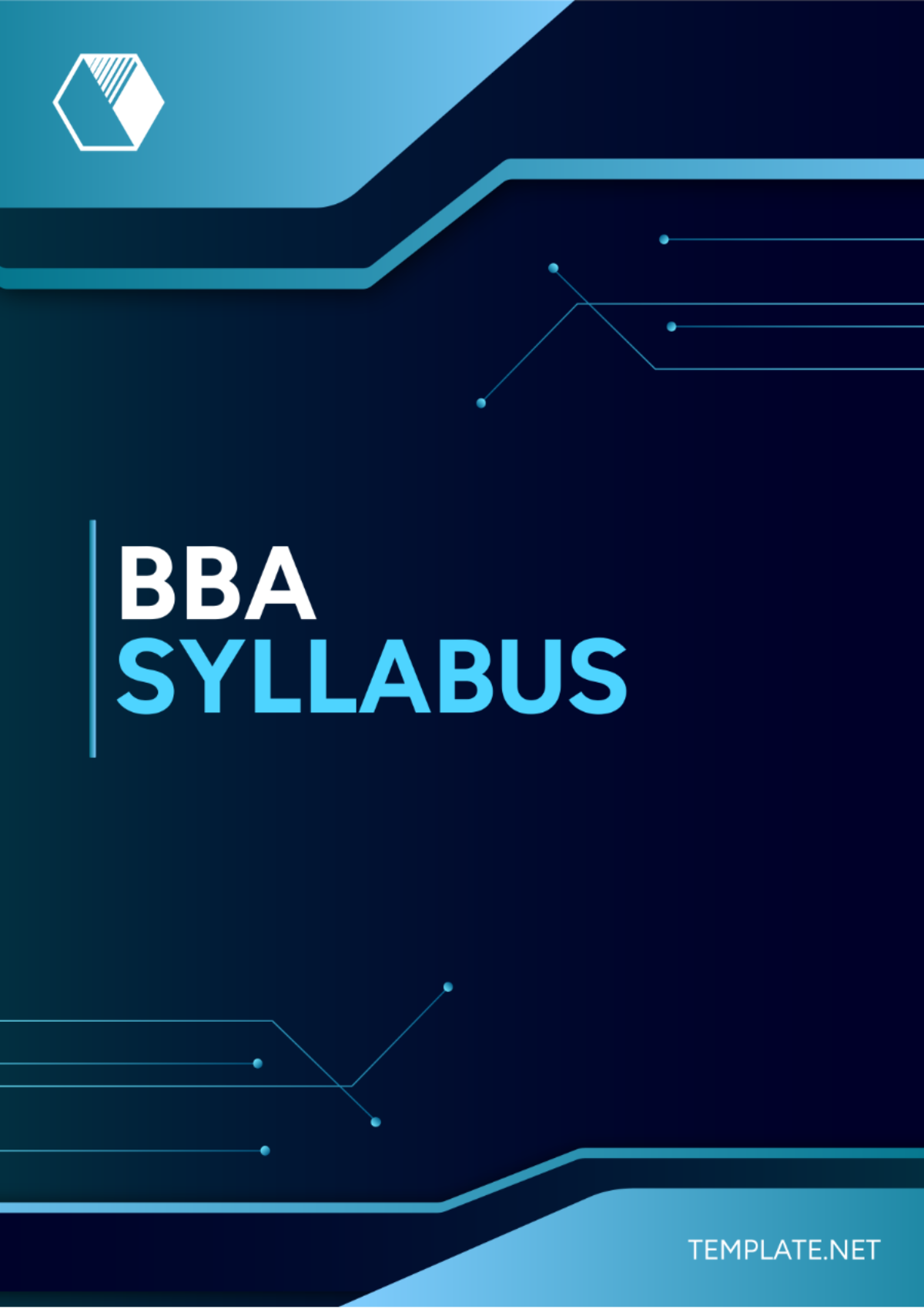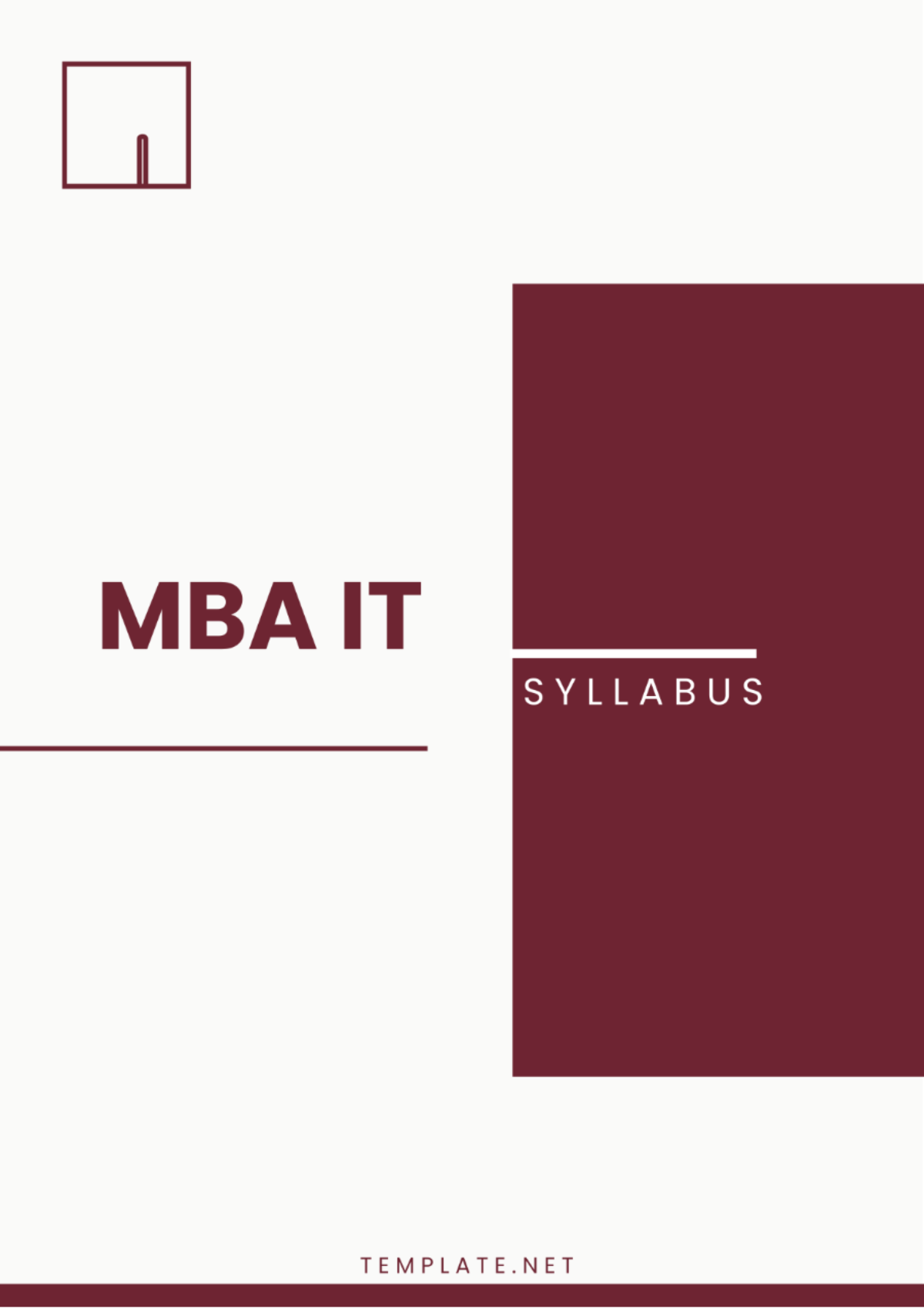Food Technology Syllabus
Food Technology Course
Course Title: | [COURSE TITLE] |
Credits: | [CREDITS] |
Instructor: | [INSTRUCTOR] |
Schedule: | [SCHEDULE] |
Location: | [LOCATION] |
Textbook: | [TEXTBOOK] |
Description: | [DESCRIPTION] |
Assessments: | [ASSESSMENTS] |
Grading: | [GRADING] |
Office Hours: | [OFFICE HOURS] |
1. Course Description
This course provides a broad, in-depth understanding of current food science principles, food processing, preservation technologies, and safety regulations. Designed for food science students and professionals, this course gives a unique blend of theory and practical knowledge vital for efficient performance in the food industry.
2. Instructor Information
Instructor: [YOUR NAME]
Organization: [YOUR COMPANY NAME]
Contact: [YOUR EMAIL]
3. Learning Objectives
Understand and apply the principles and techniques of food science in industrial settings.
Gain practical knowledge of food processing and preservation technologies.
Achieve proficiency in ensuring food safety and complying with regulatory standards.
Acquire skills in innovative food product development.
Develop problem-solving skills for addressing real-world food industry challenges.
4.Course Schedule
Week | Topic | Reading |
|---|---|---|
1 | Introduction to Food Technology |
|
2 | Food Preservation |
|
3 | Food Processing |
|
4 | Food Packaging |
|
5.Required Reading and Materials
Critical Readings in Food Science and Technology.
The Science of Food: An Introduction to Food Science, Nutrition, and Microbiology
Introduction to Food Engineering
Food Processing Handbook
Food Safety: Theory and Practice
6.Assignments and Assessments
Weekly quizzes to assess knowledge retention and understanding
Two mid-term practical assignments focused on food processing and preservation.
A comprehensive group project on food product development
Project presentation on food safety and regulatory standards
End-term examination covering all course modules
7.Course Policy
All students are required to participate in class activities and discussions
Assignments and projects are due on the specified dates. Extensions may be granted under exceptional circumstances
All work submitted should be original and show academic integrity
Mid-term and End-term exams are mandatory
Attendance is mandatory and any absences must be reported
8.Grading Policy
The grading will be based on assignment submissions (30%), quizzes (10%), practical projects (20%), end-term examination (30%), and class participation (10%).
9.Disclaimer
The guidelines and regulations mentioned above are not set in stone. They are flexible and can be modified or revised as and when specific needs or pressing issues arise during the course. Each time there is a change in these guidelines or regulations, it will not be done in confidentiality or without informing the concerned individuals. All changes will be duly notified so as to ensure that everyone involved is updated and aware.

